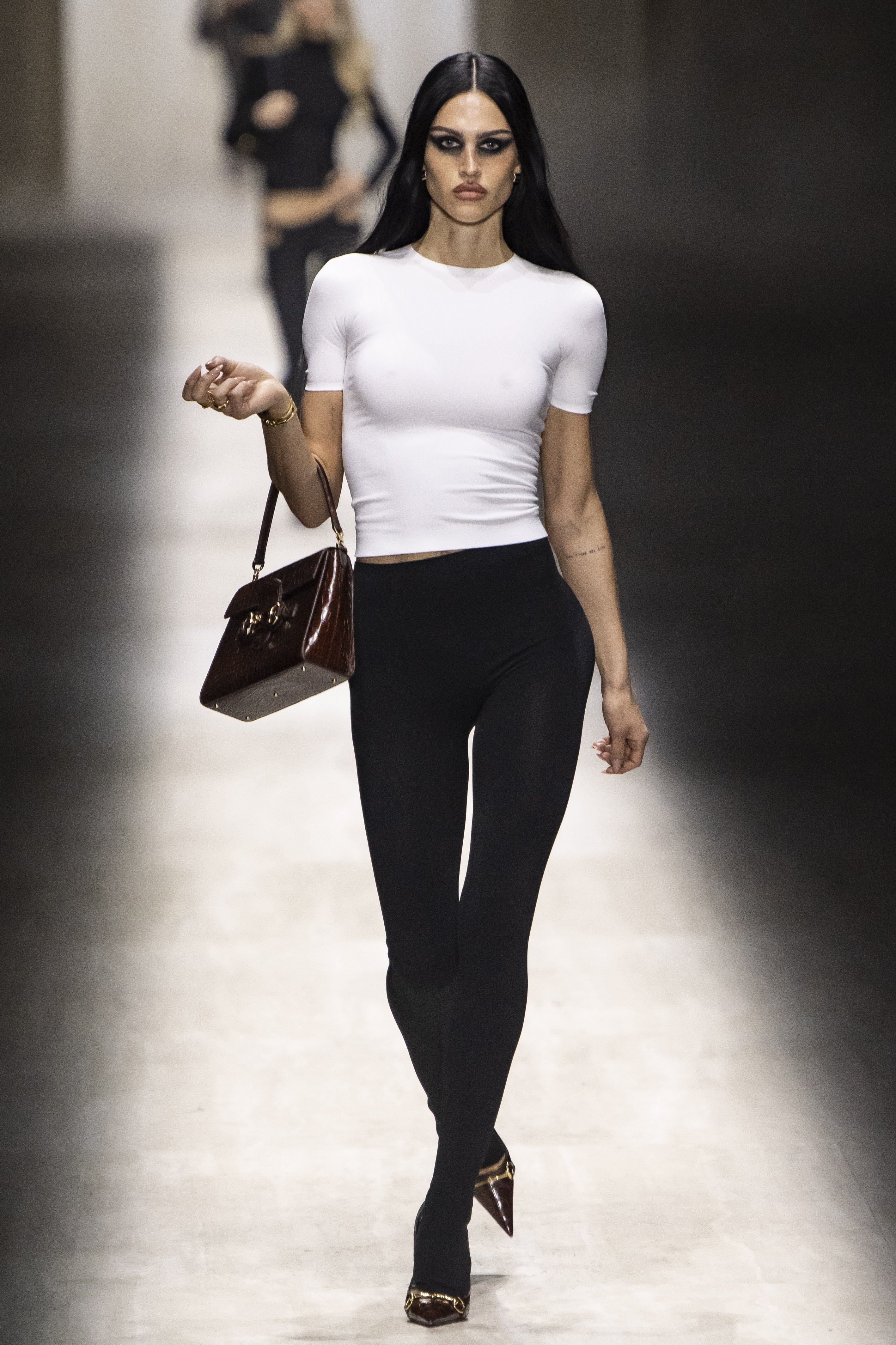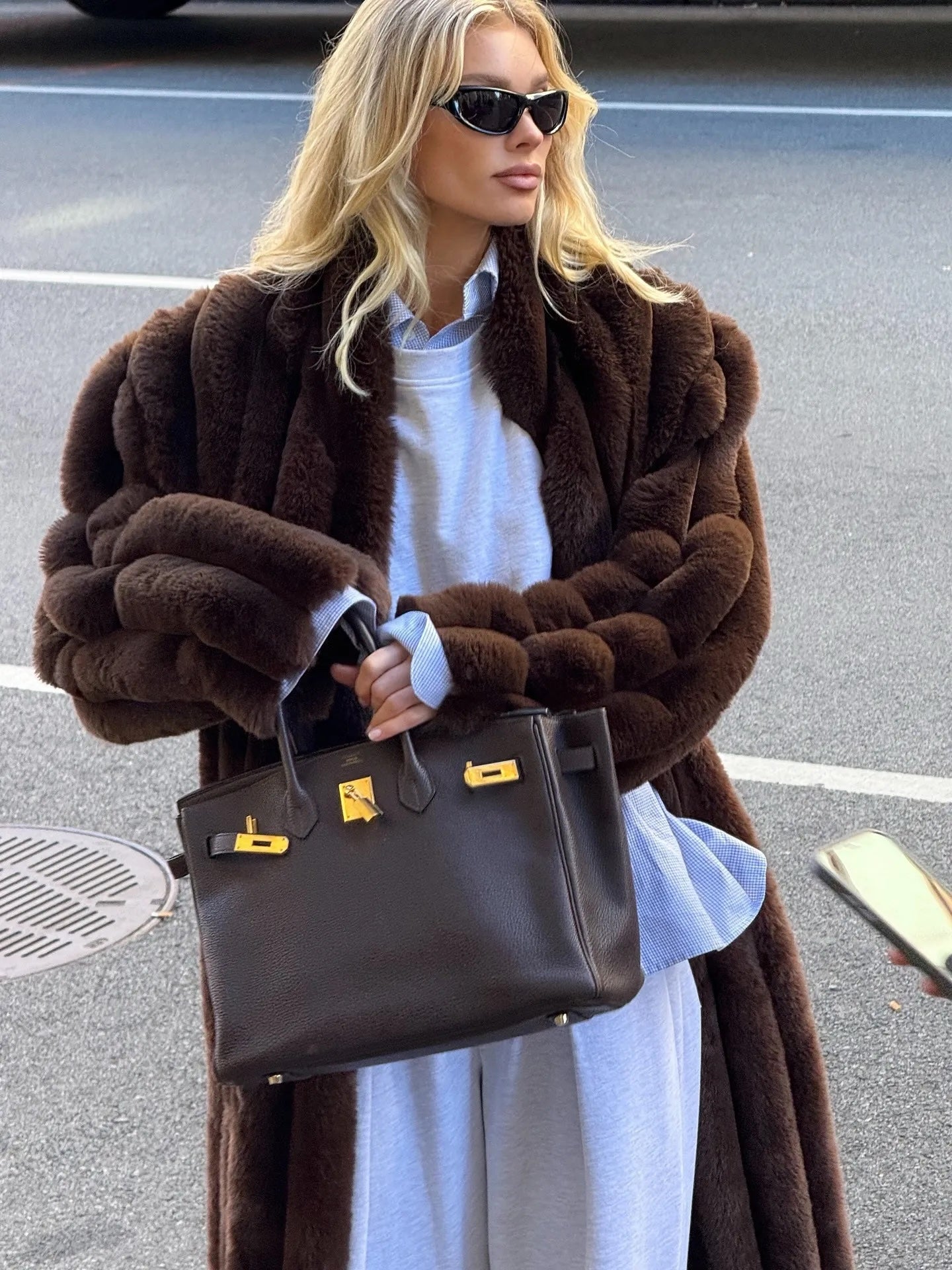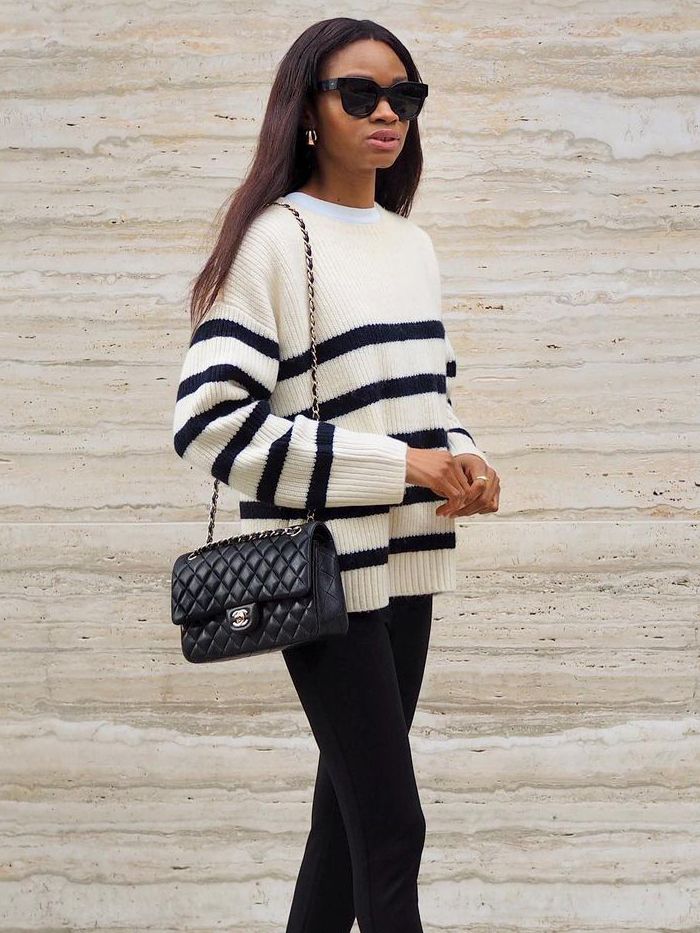
There are few brands that rival Chanel when it comes to buying an investment handbag. The classic flap bags are not just a timeless wardrobe staple, but they also increase in value over time. However, once you’ve made the decision to buy one, how do you know which one is for you? From the high price tag to the sheer number of Chanel bags available, the decision can be daunting enough to make even Choupette’s hairs stand on end. And as the French fashion house brings out new iterations of the classics, as well as exciting one-off pieces, we think it would be fair to say that it isn’t just the price tag that can be overwhelming, but the styles to choose from, too.
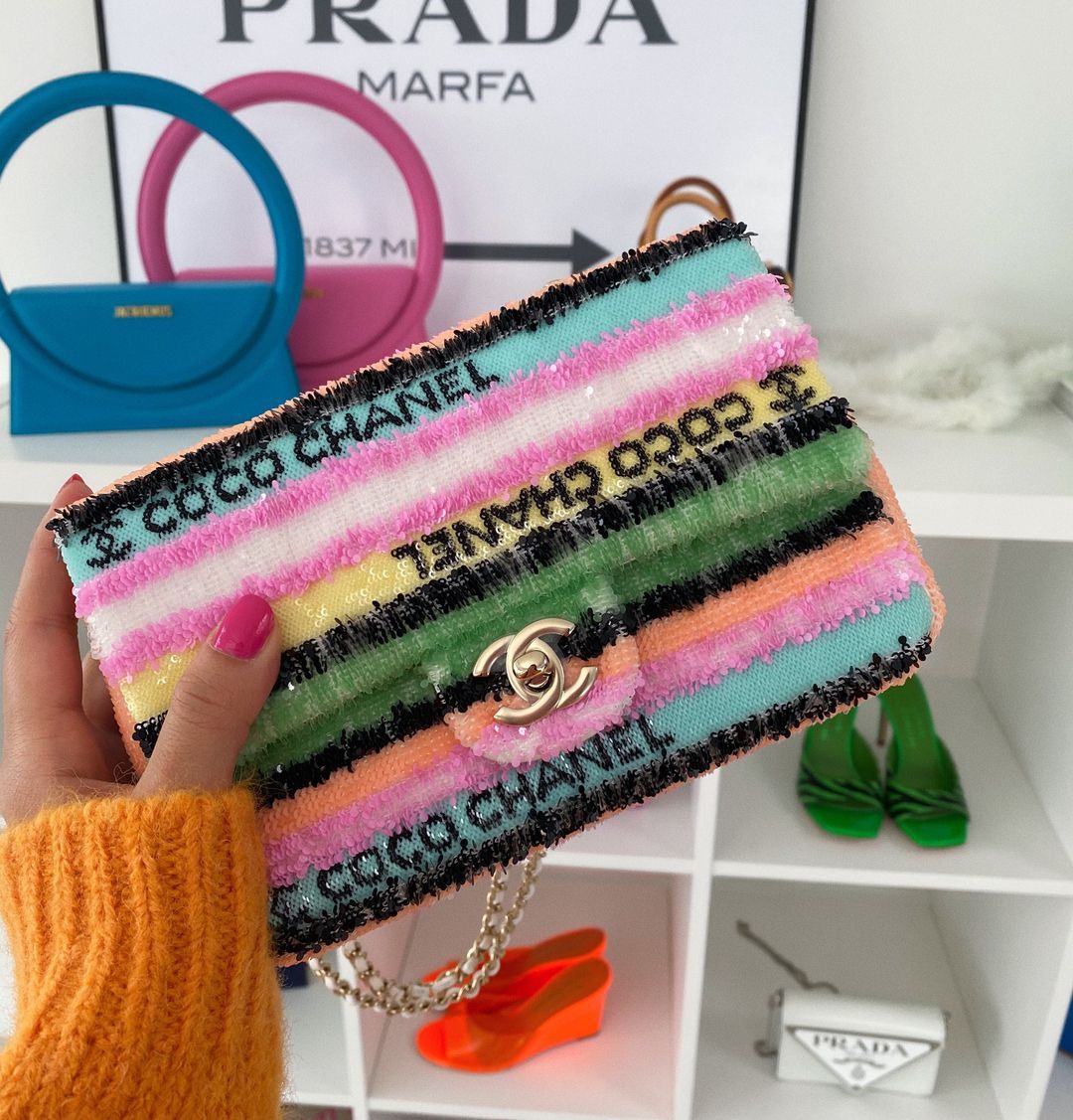
Of course, most would probably say they’d like to buy the classic Chanel 2.55 flap bag. The iconic piece was first created by Gabrielle “Coco” Chanel herself when she got fed up of carrying her bag in her arms. To free herself up, she decided to borrow the idea of having straps, which she’d seen on a soldier’s bag. As per everything else Chanel created, it was a revolutionary take on the item, as up until that point, women carried their handbags. The 2.55 bag was launched in 1955, hence the name. However, it wasn’t until the ’80s, when Karl Lagerfeld took the helm, that the double-C locks were introduced.
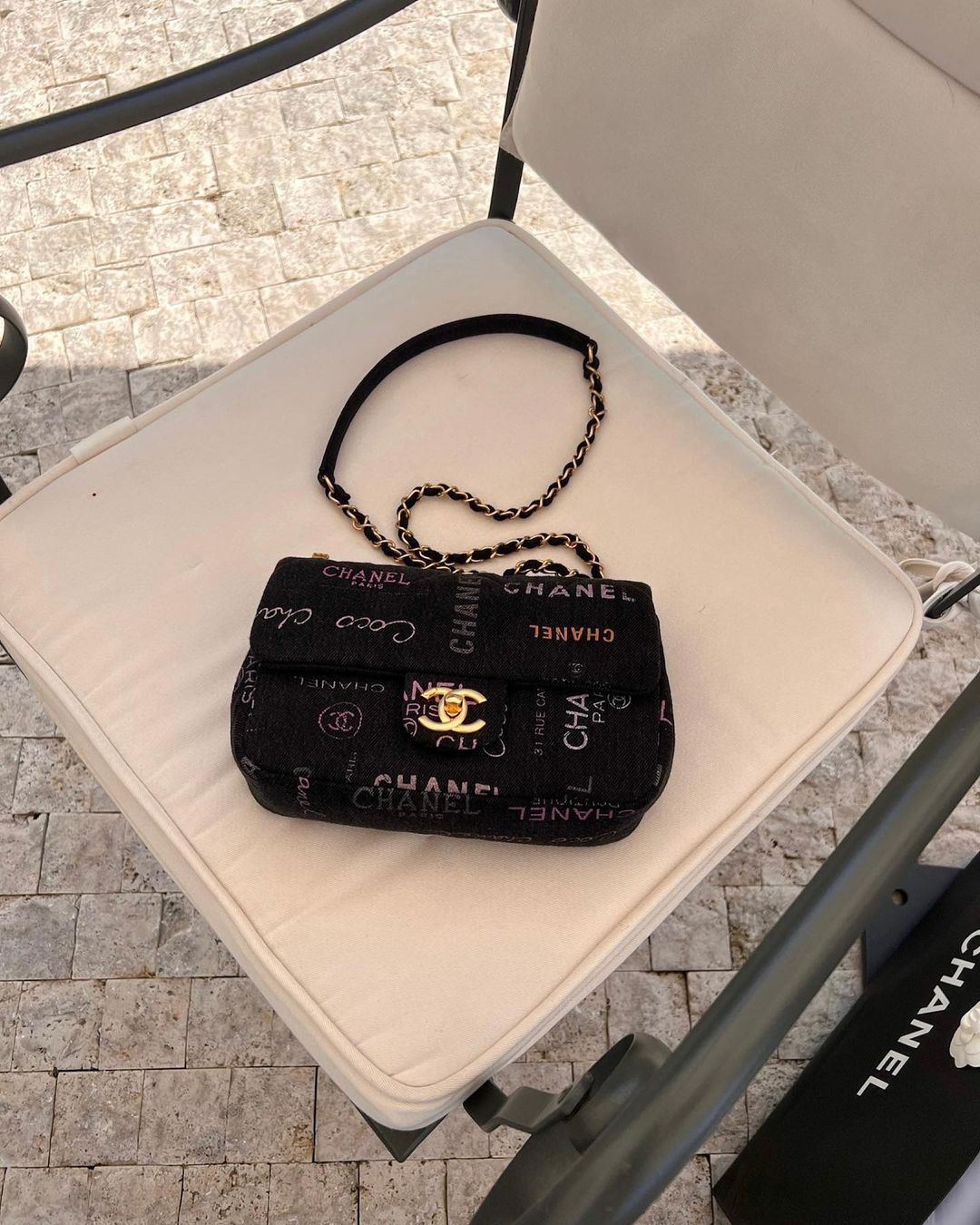
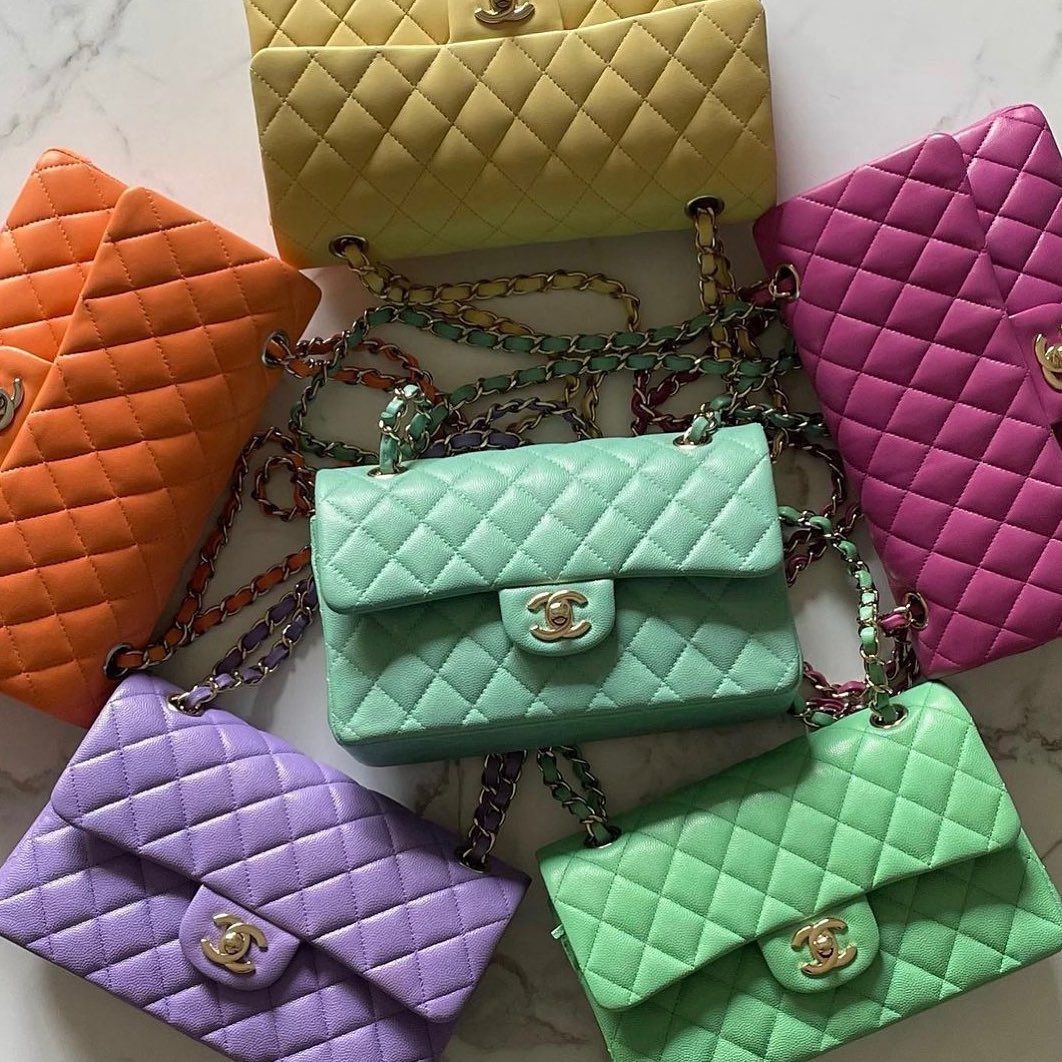
So we know they’re in demand, even with a recent price hike, but what does the current Chanel handbag market actually look like? For further help on navigating the luxury marketplace and all things Chanel, we asked fashion and handbag expert Sarah Davis of Fashionphile, a luxury handbag marketplace, to lend us her expertise on purchasing the iconic bag. From how much you should expect your Chanel bag, online or IRL, to appreciate, to understanding how to spot a fake, we’ve got your ultimate guide to buying a Chanel bag. Keep scrolling to find out more.
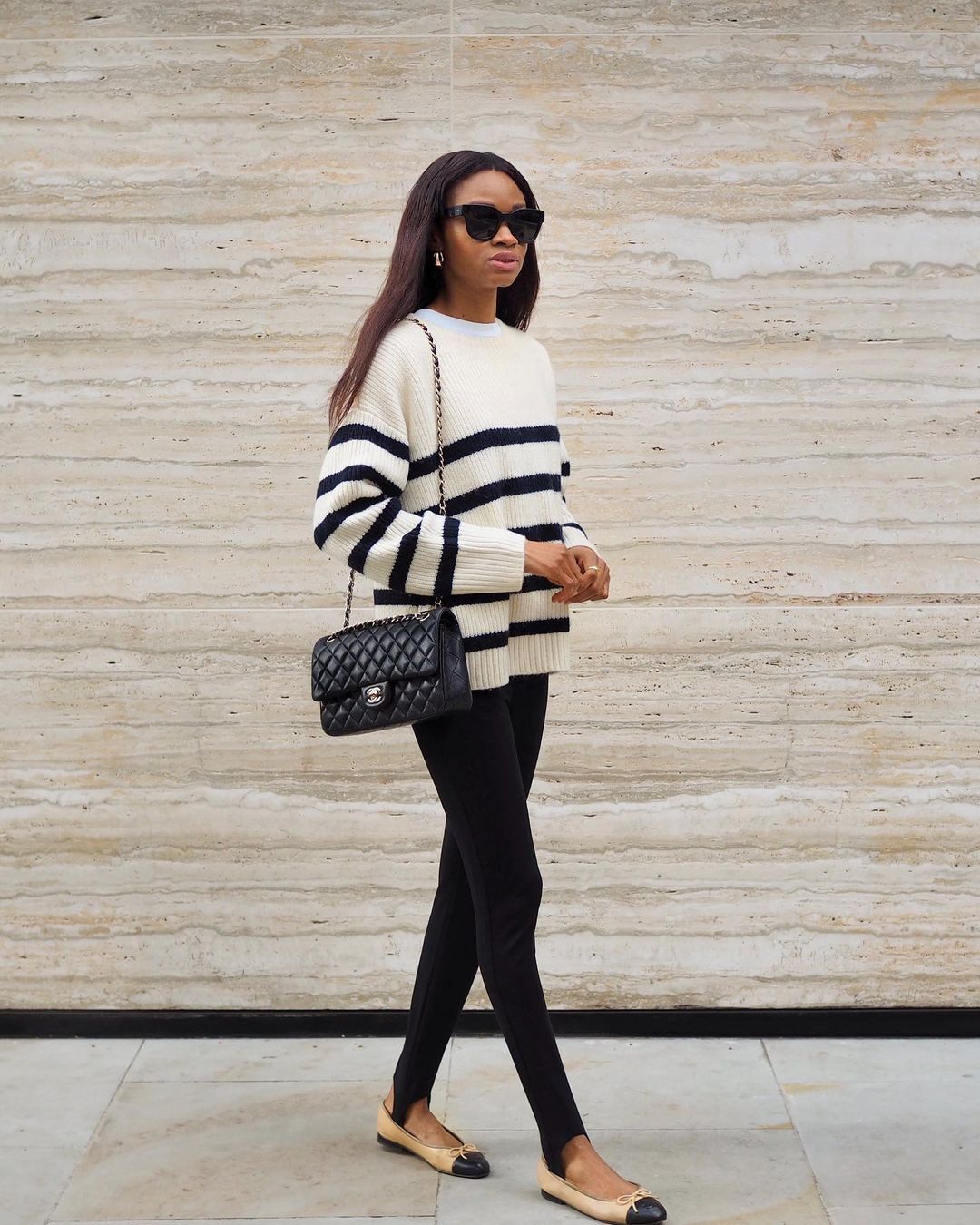
“The medium or jumbo Chanel flap bags that were selling back in 2000 are still super hot today,” says Davis. “In terms of other Chanel bag styles that hold their value, I’d say the medium Chanel Boy Bag is [one of]the most popular due to its versatility.”
“If you want to be sure that your bag will continue to gain value over time, stick with the basics. Go with a classic black Chanel flap bag made in lambskin or caviar leather. The crazy thing is that Chanel continues to raise the retail price on these styles every year or two. So if you bought your jumbo flap in 2006, it cost you £1399. If you bought that same bag in 2015, it would have cost you £4287. And today, in 2022, the style now comes in at a cool £8530! This means that if you bought your bag back in 2006 and decided to sell it today, you can potentially make up to £6000 more than what you paid for it. Truth be told, this is a trend I can only see continuing, so if you hold on to any Chanel bag long enough (10-plus years), you’re going to have some real value locked into that bag.”
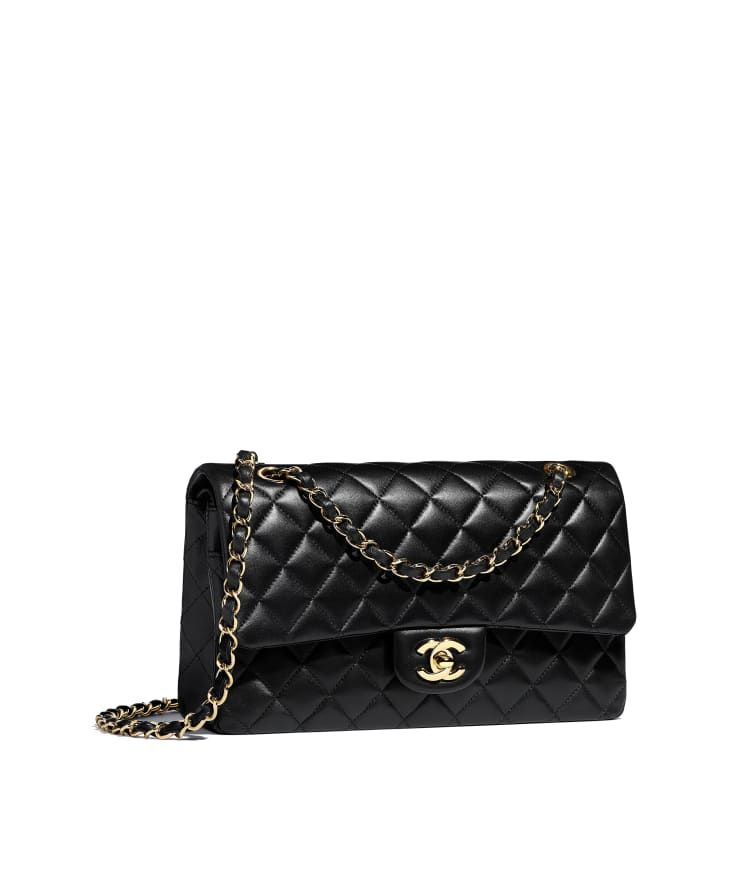
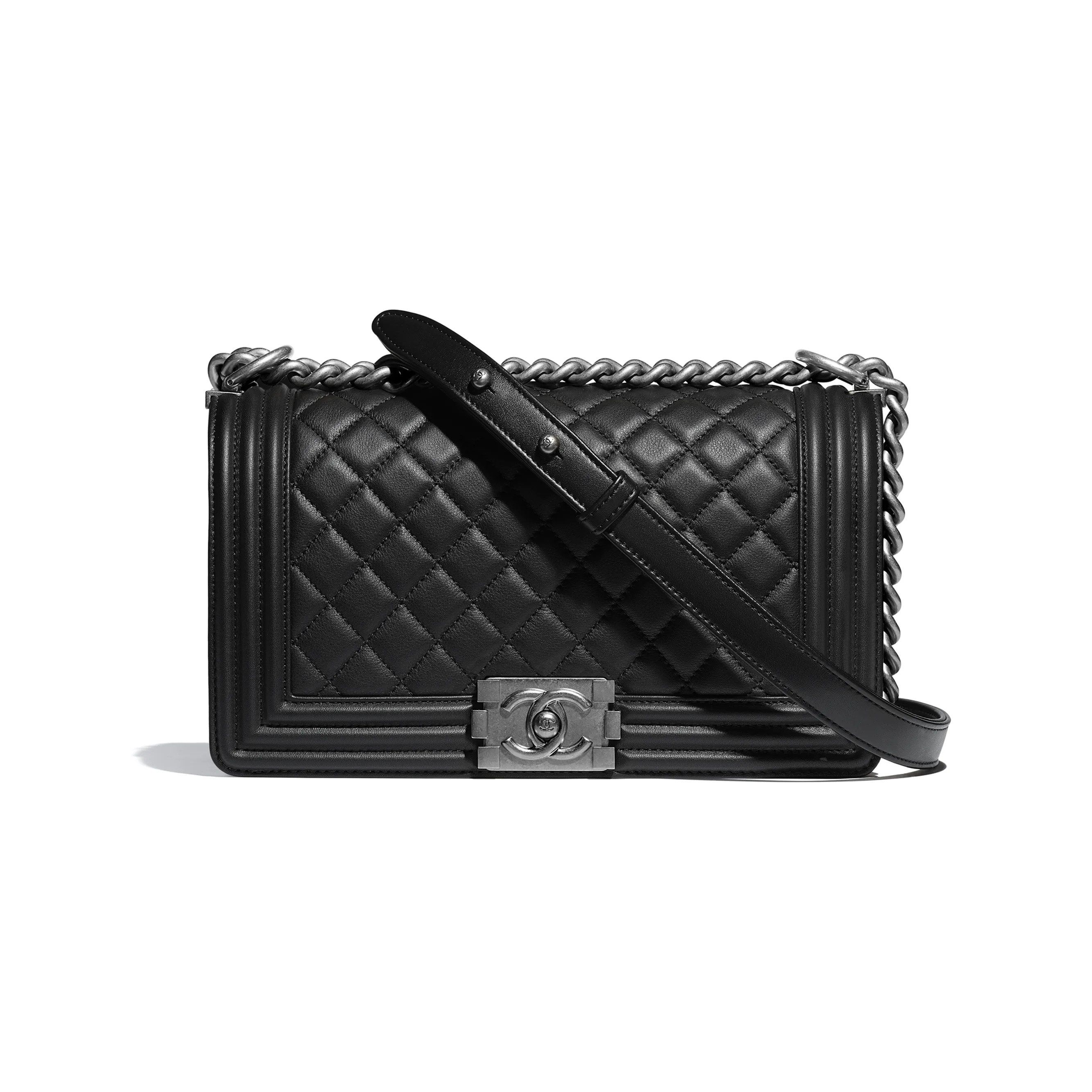
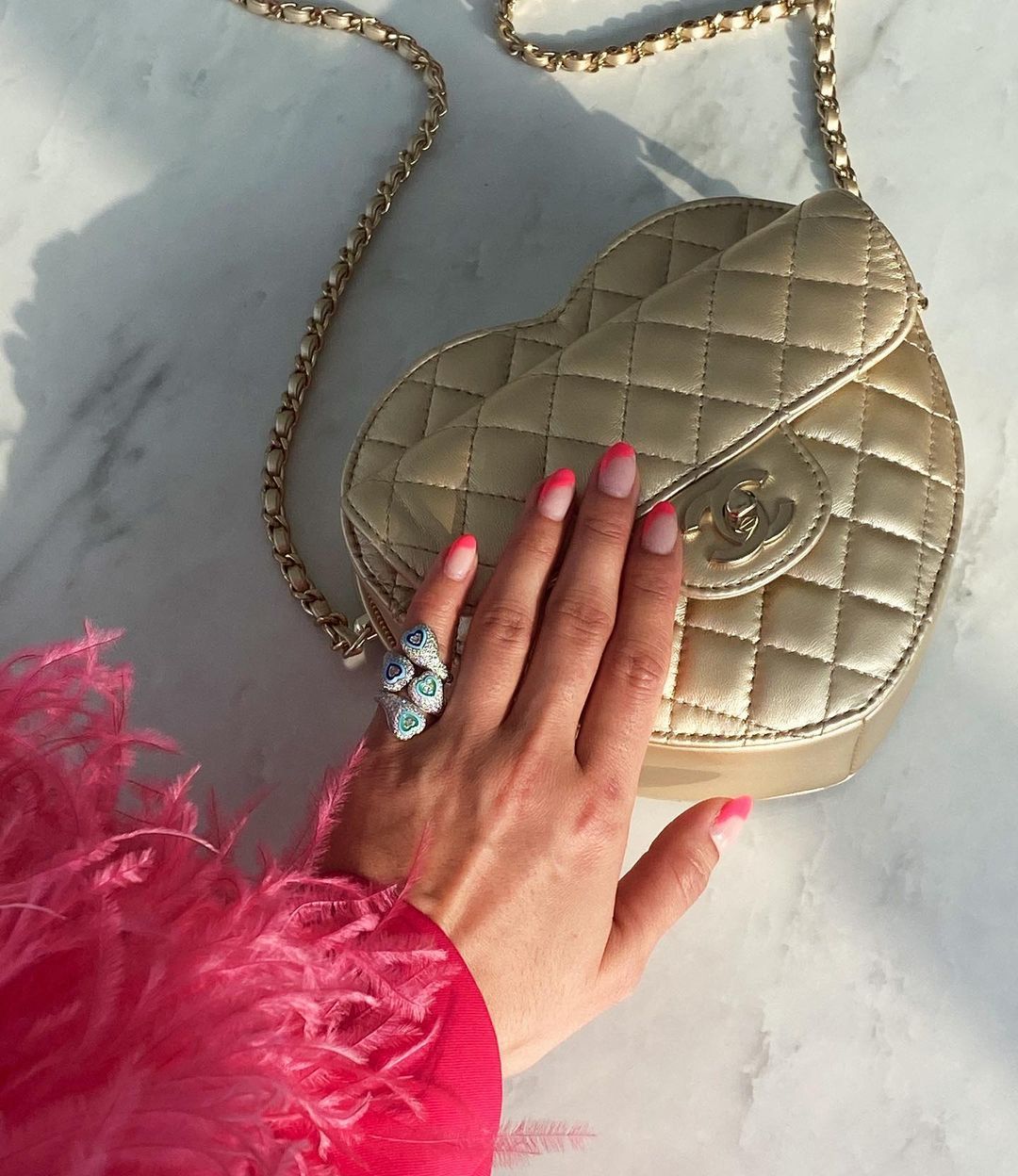
“This is actually one of the things that I adore about Chanel—the really cool, collectable, and super-limited pieces,” says Davis. “You actually have to hold on to them longer if you care about resale value because they’re special and usually have a higher price point out the gate. Some of my favourites are the minaudière clutches, such as the vinyl record minaudière, the cassette tape and the gold bar. The S/S 04 cassette tape bag retailed for £1247. Fashionphile once received a clear one that’s a tiny see-through clutch. We had never seen one sell before and ended up listing it for £7015. It sold in 30 minutes.” Now, it’s all about the Chanel heart bag.
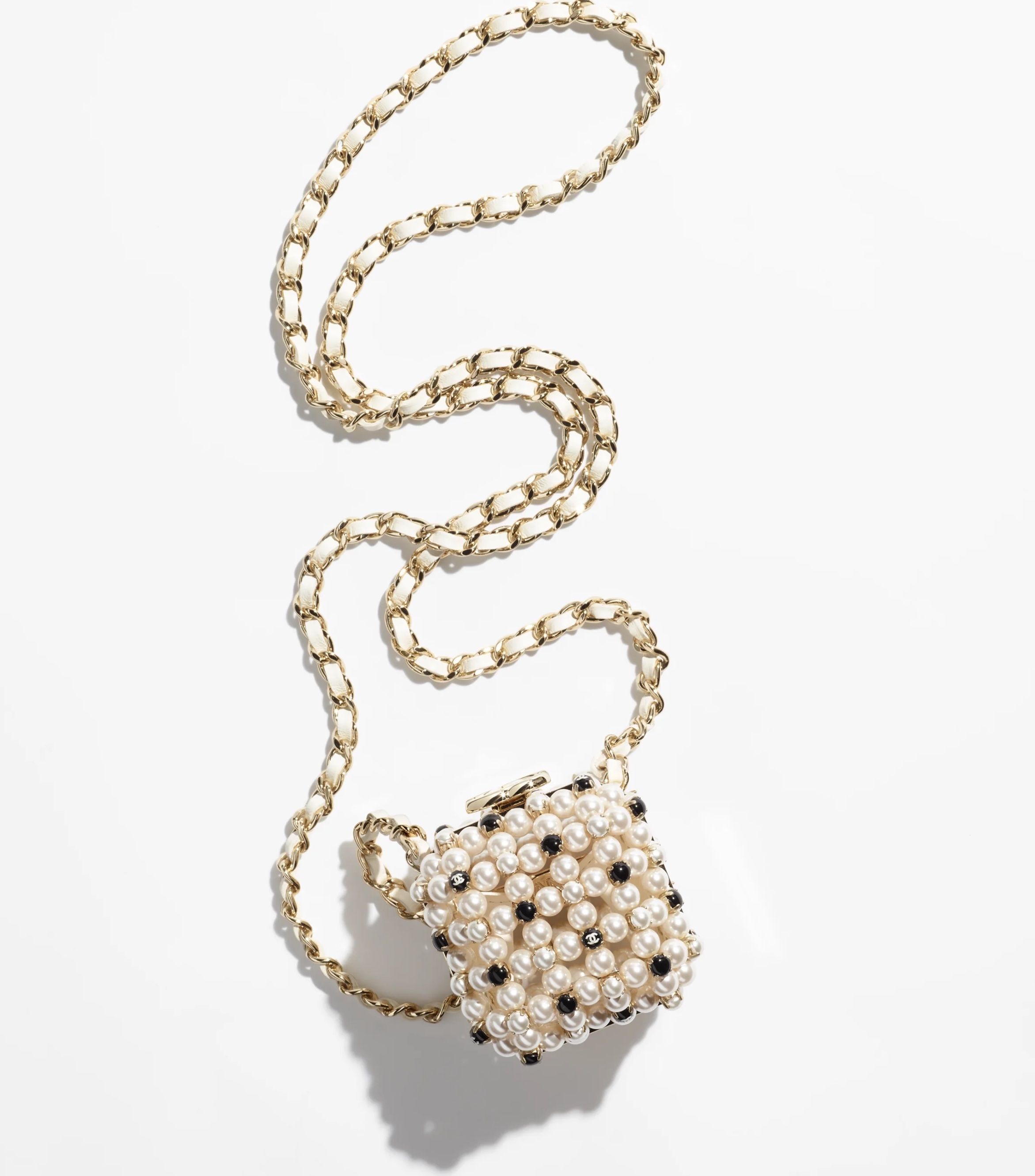
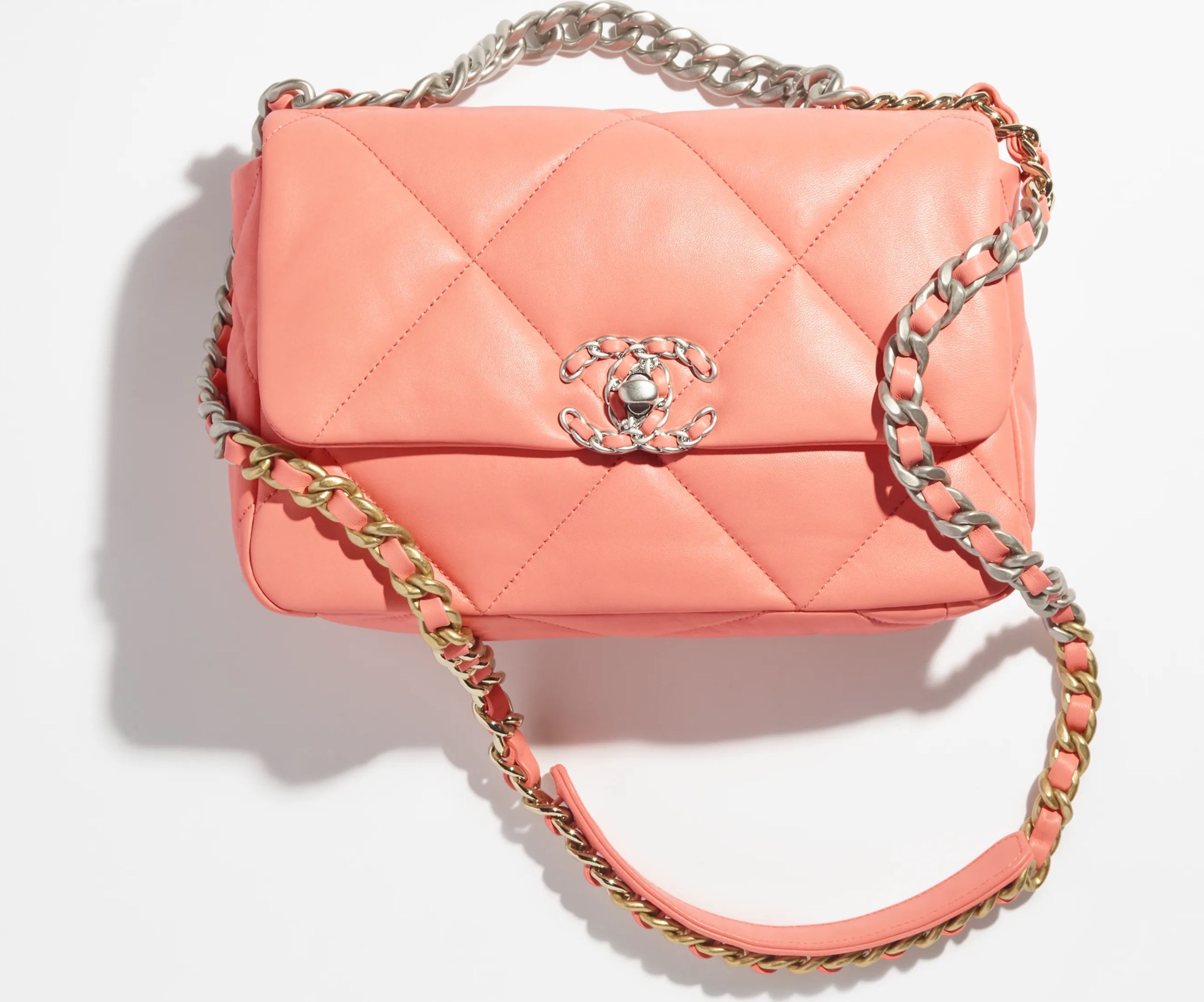
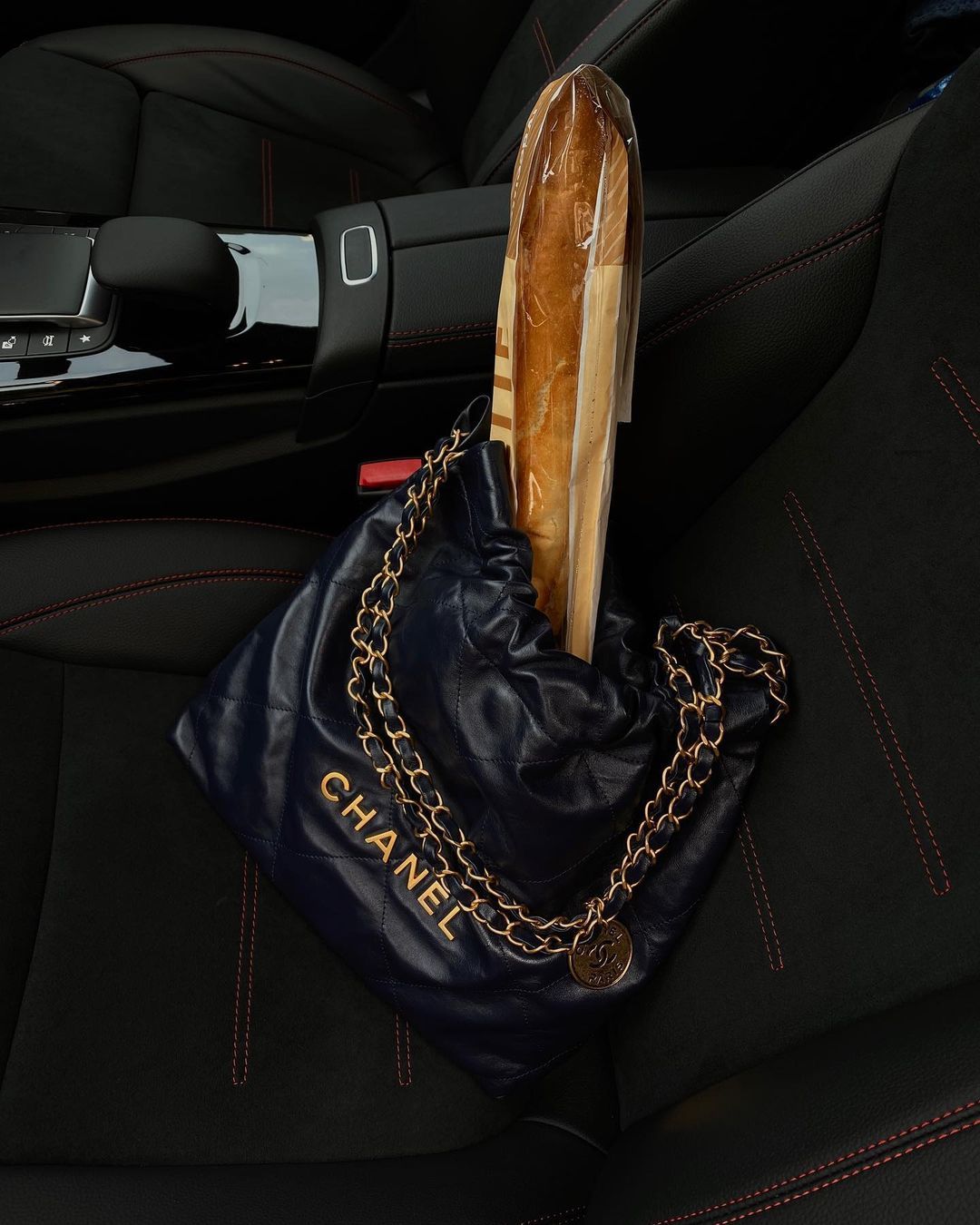
“Sometimes more bells and whistles make a bag harder to resell,” advises Davis. “All the beading and tweeding looks amazing (and I love carrying a bag that no one else has), but if you care about resale, all those extra trappings don’t help. Stick with styles that have the traditional chain strap, a visible logo, and you’re good to go. The vintage hardware was made with 24-karat gold alloy—you can tell these bags by the little hallmark embossed in the crossing Cs.”
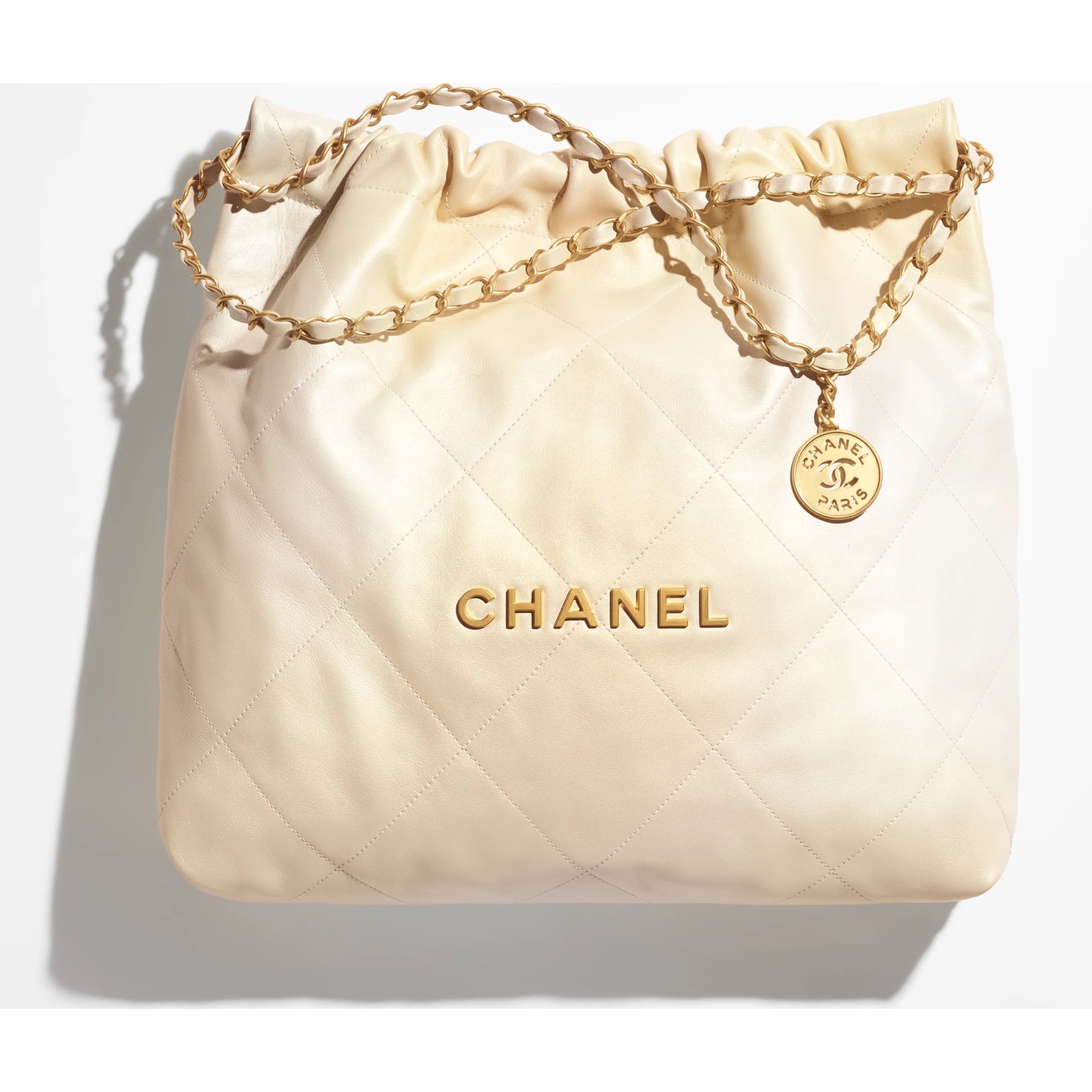
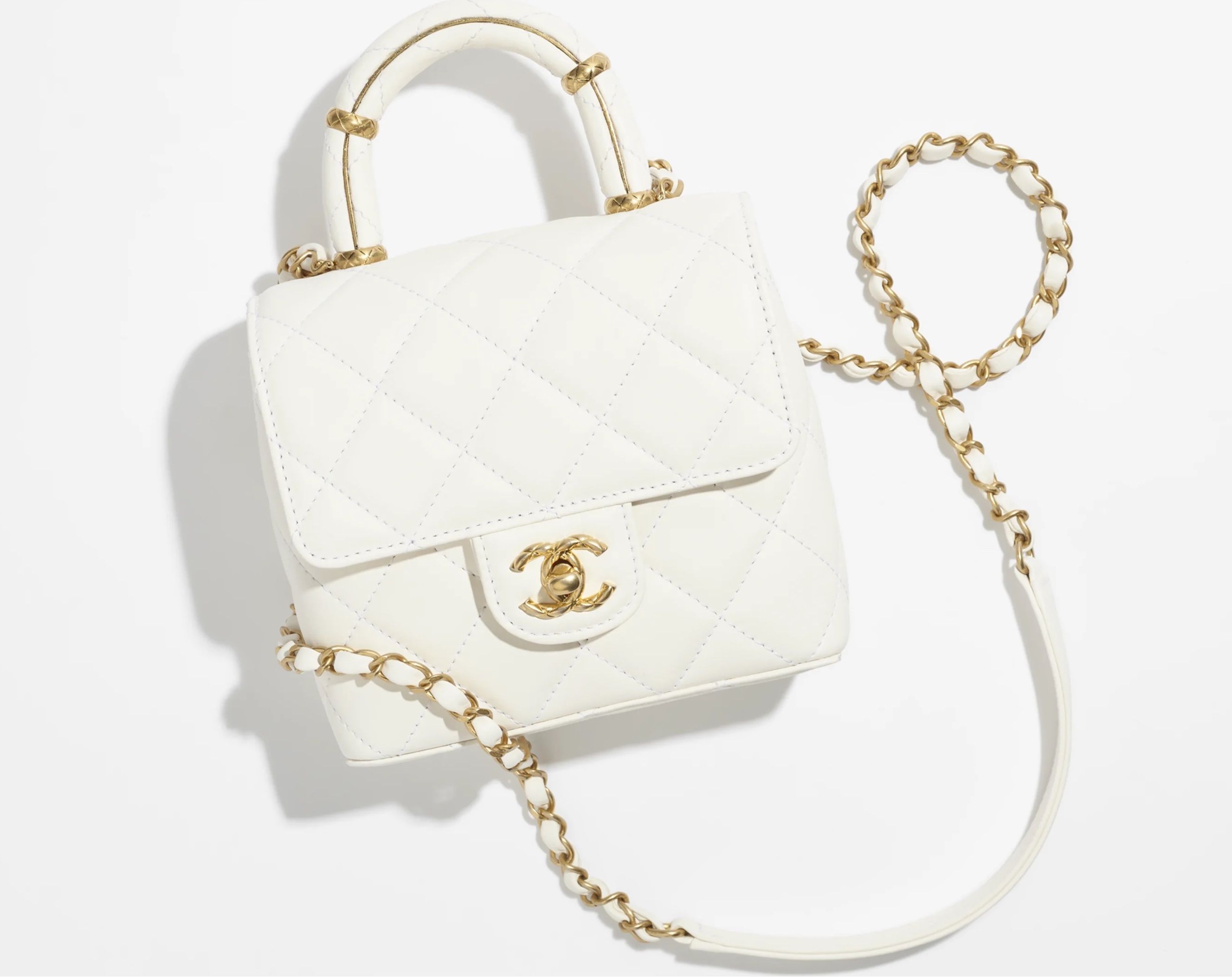
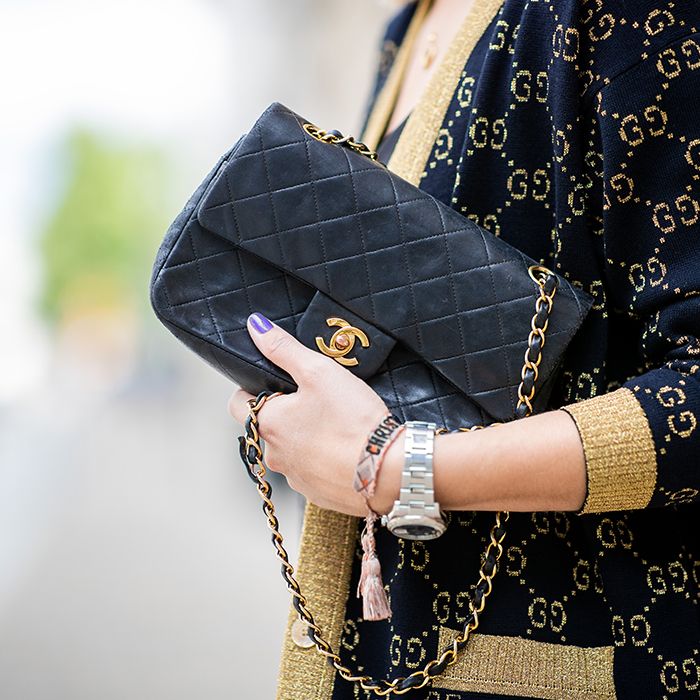
“If you aren’t an expert in Chanel authentication, I’d say the most important thing to look out for is that you’re buying from a reputable seller,”stresses Davis. “There are all kinds of businesses now that mean well but have a ‘no returns’ policy and one single authenticator. ‘No returns’ is a red flag. Some of the higher-quality fakes even have registration numbers, holograms, cards, come with receipts, and are made of quality leather and hardware. Don’t be fooled just because a bag has these features. If you need help, use an online authentication service.”
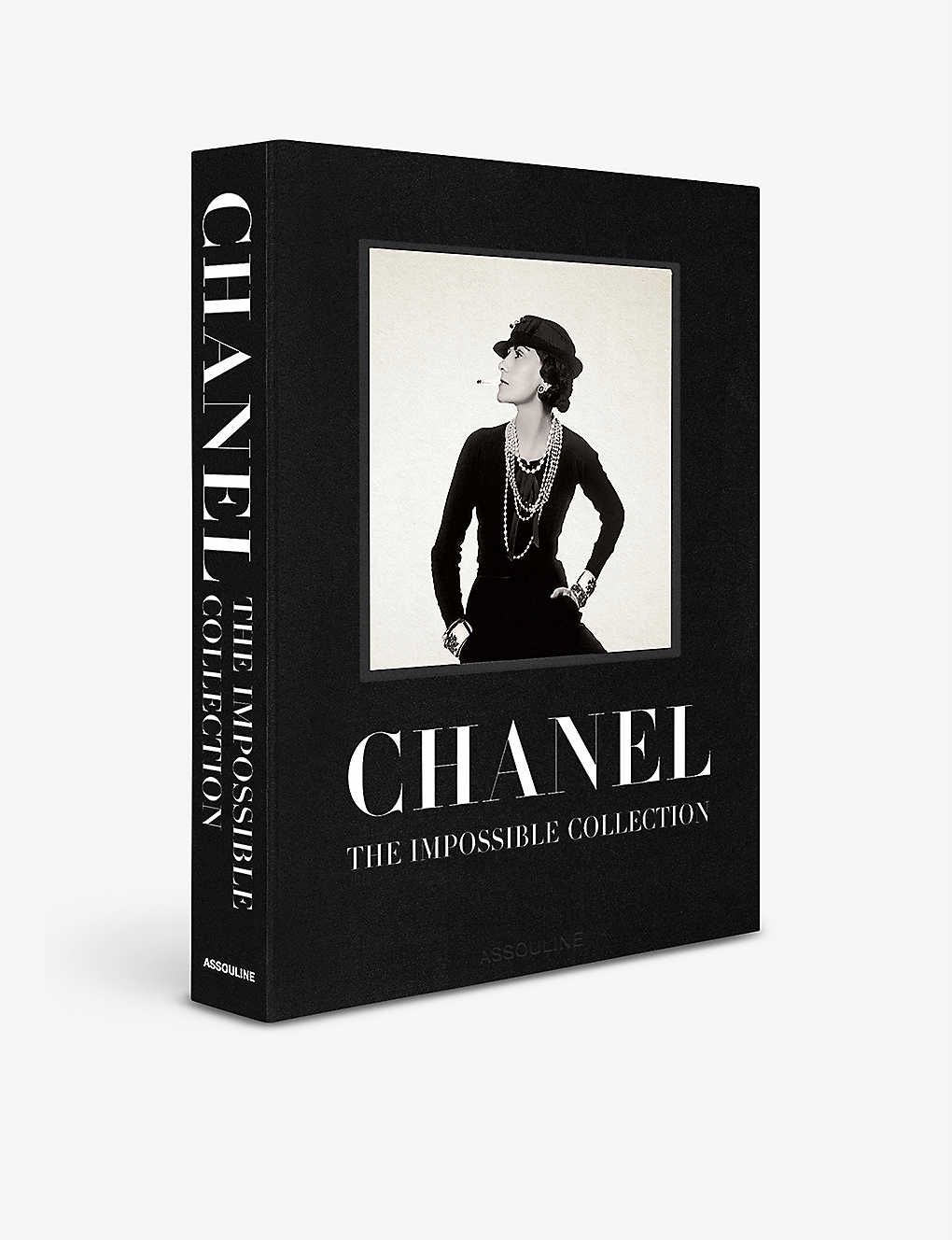
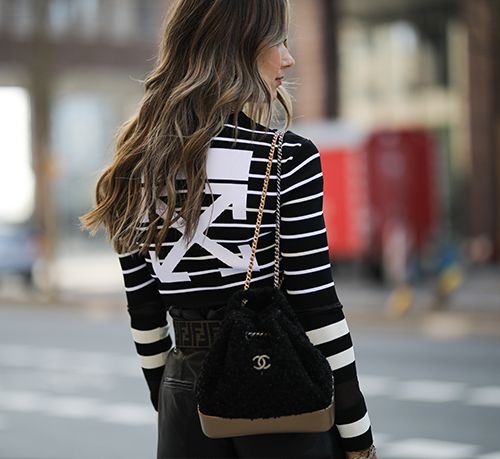
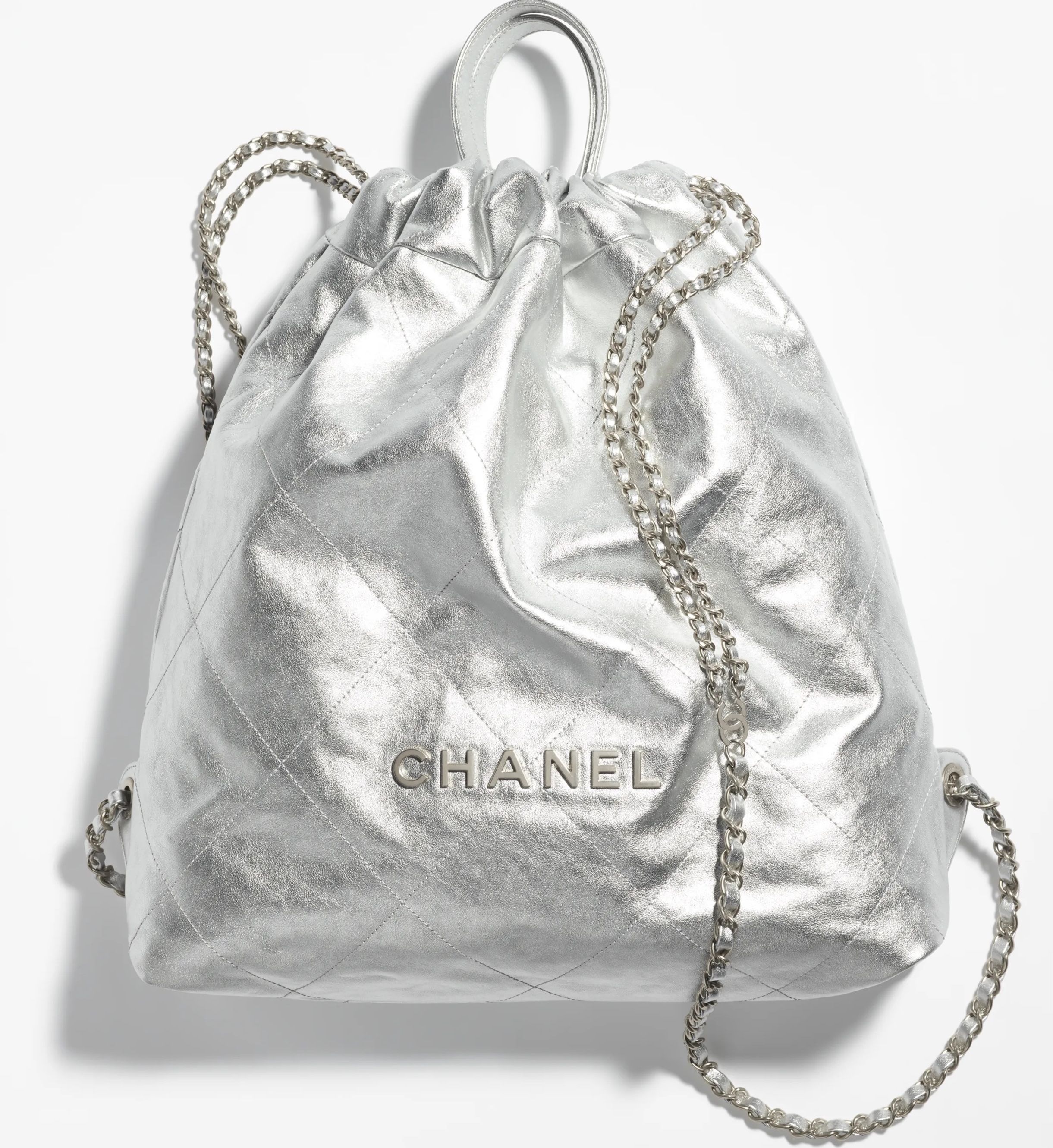
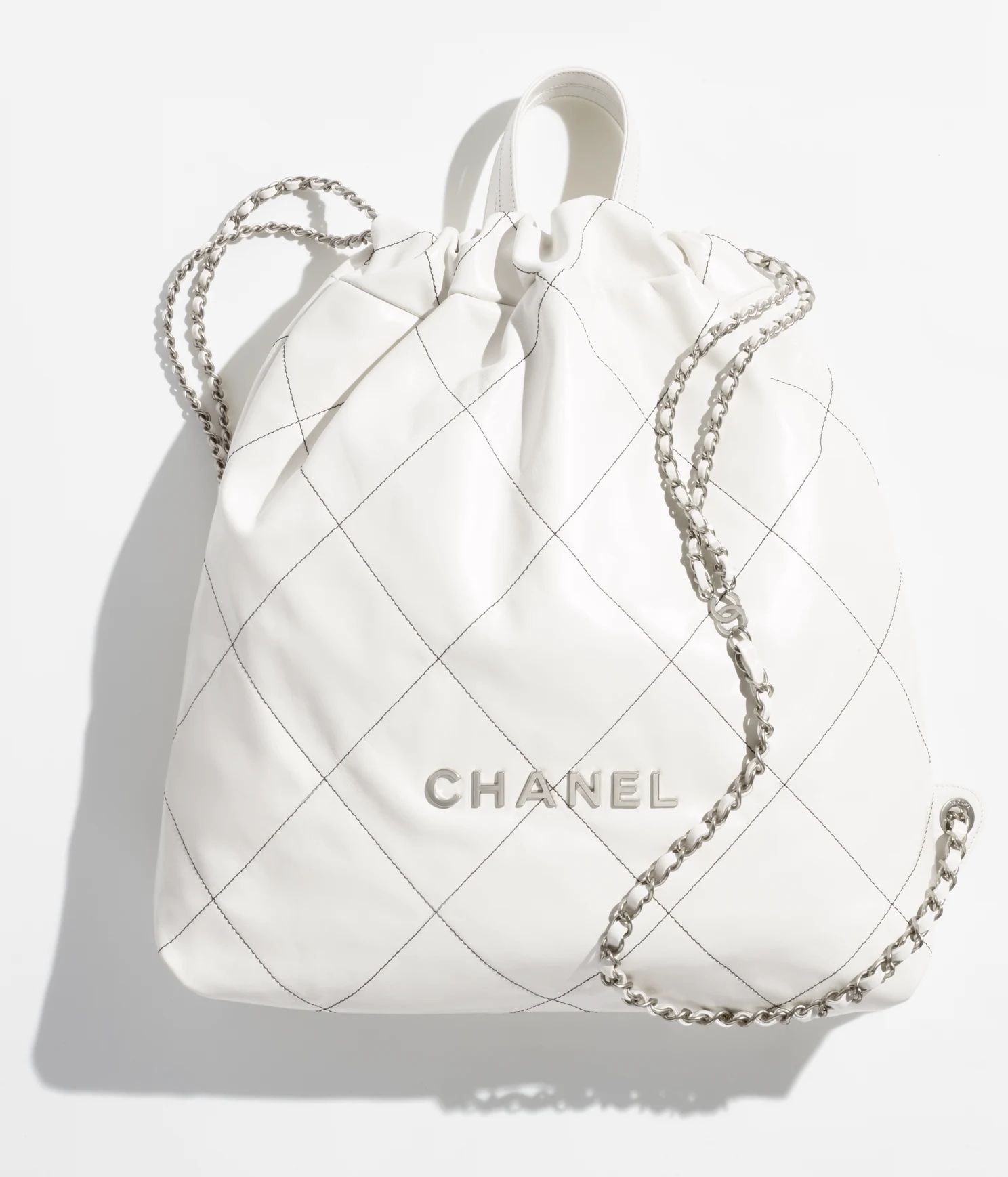
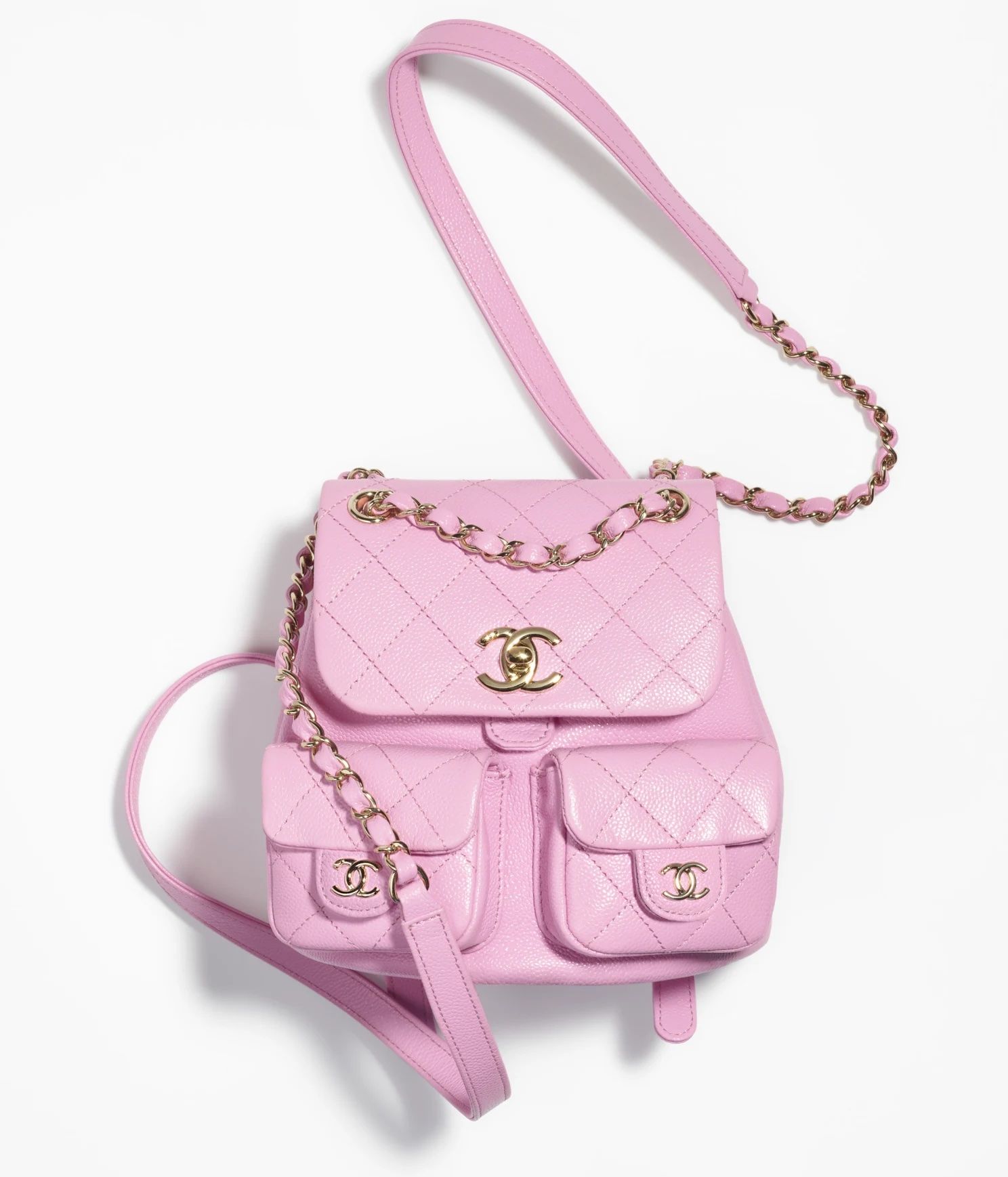
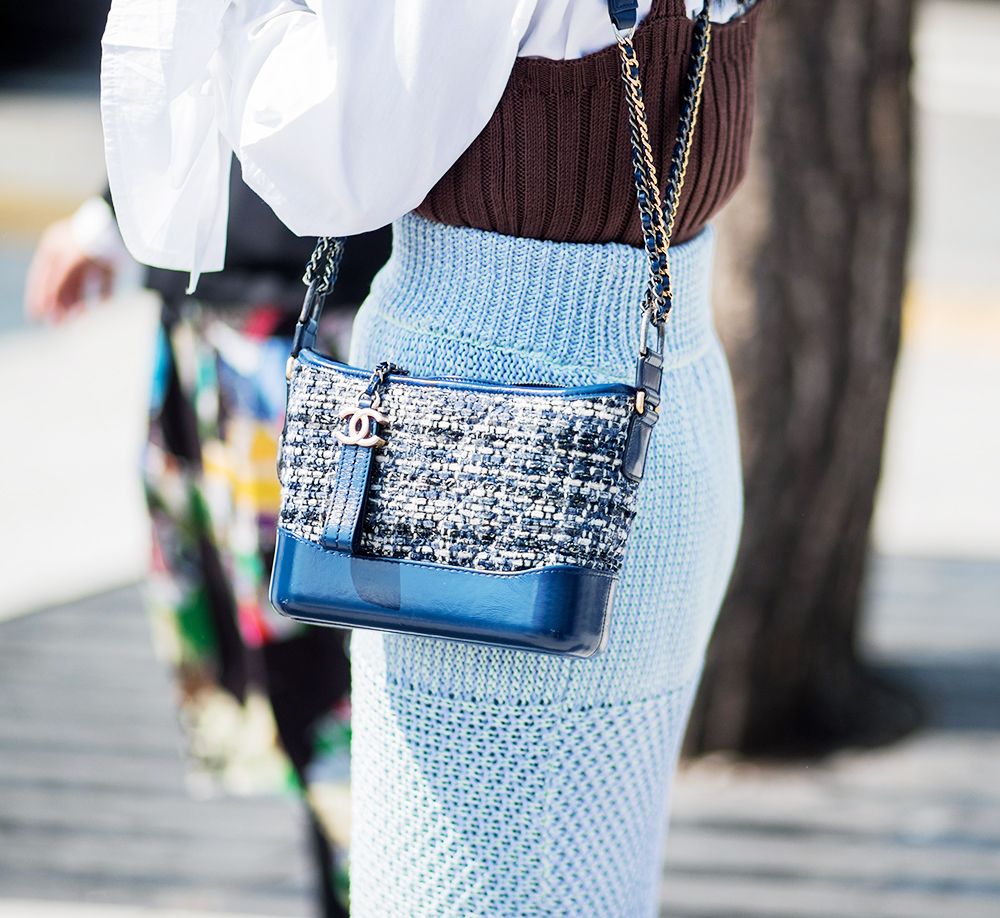
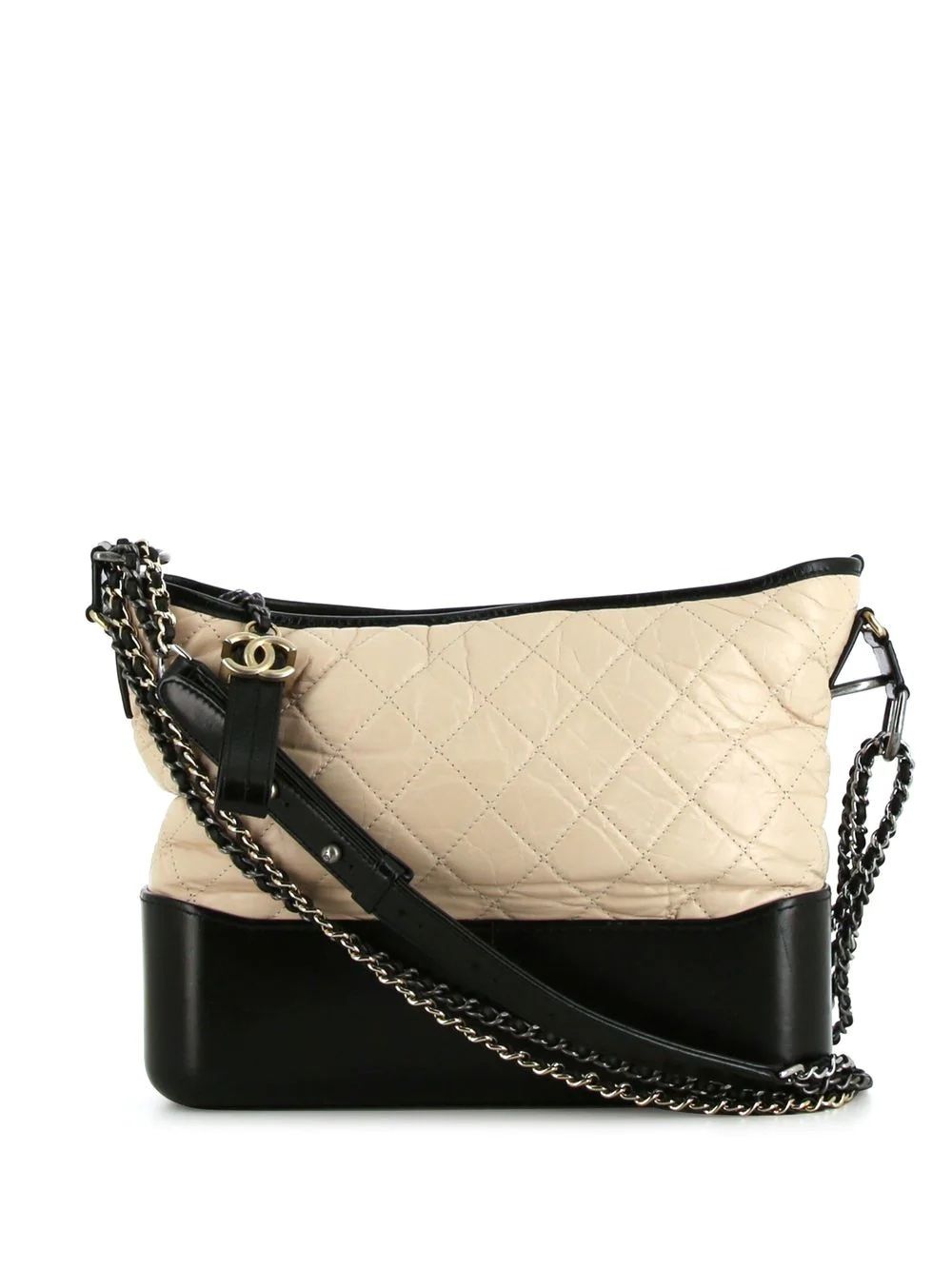
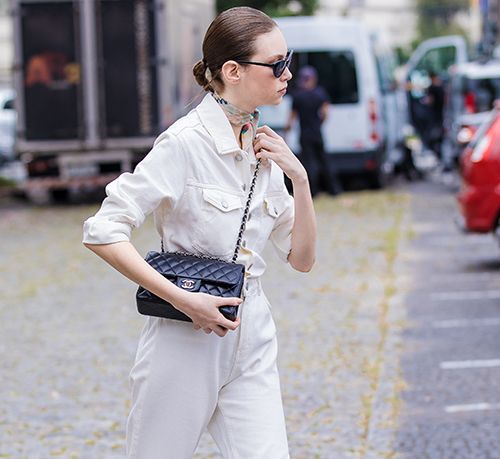
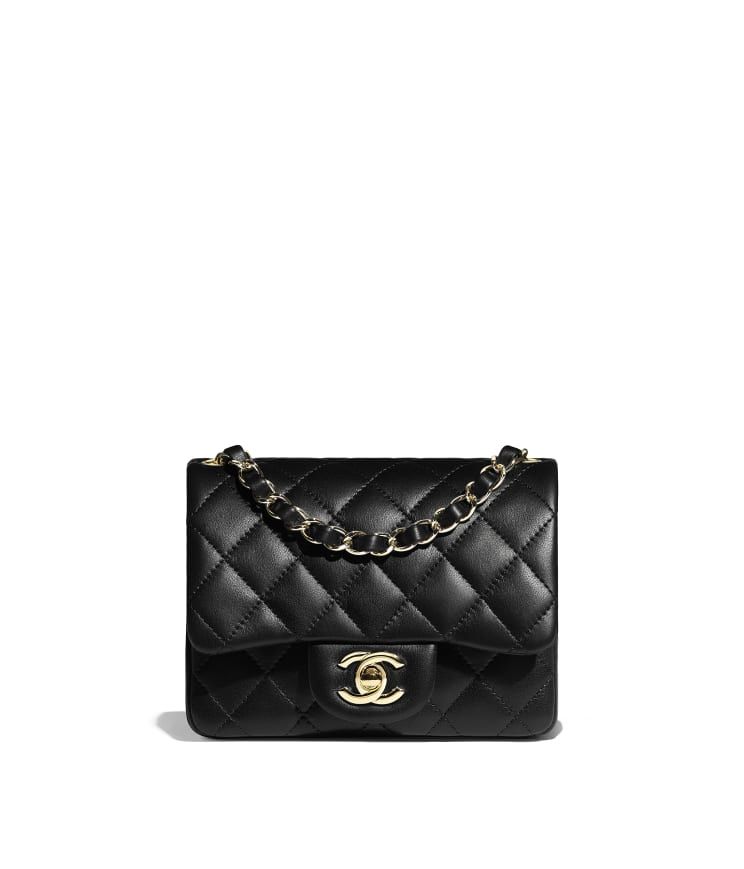
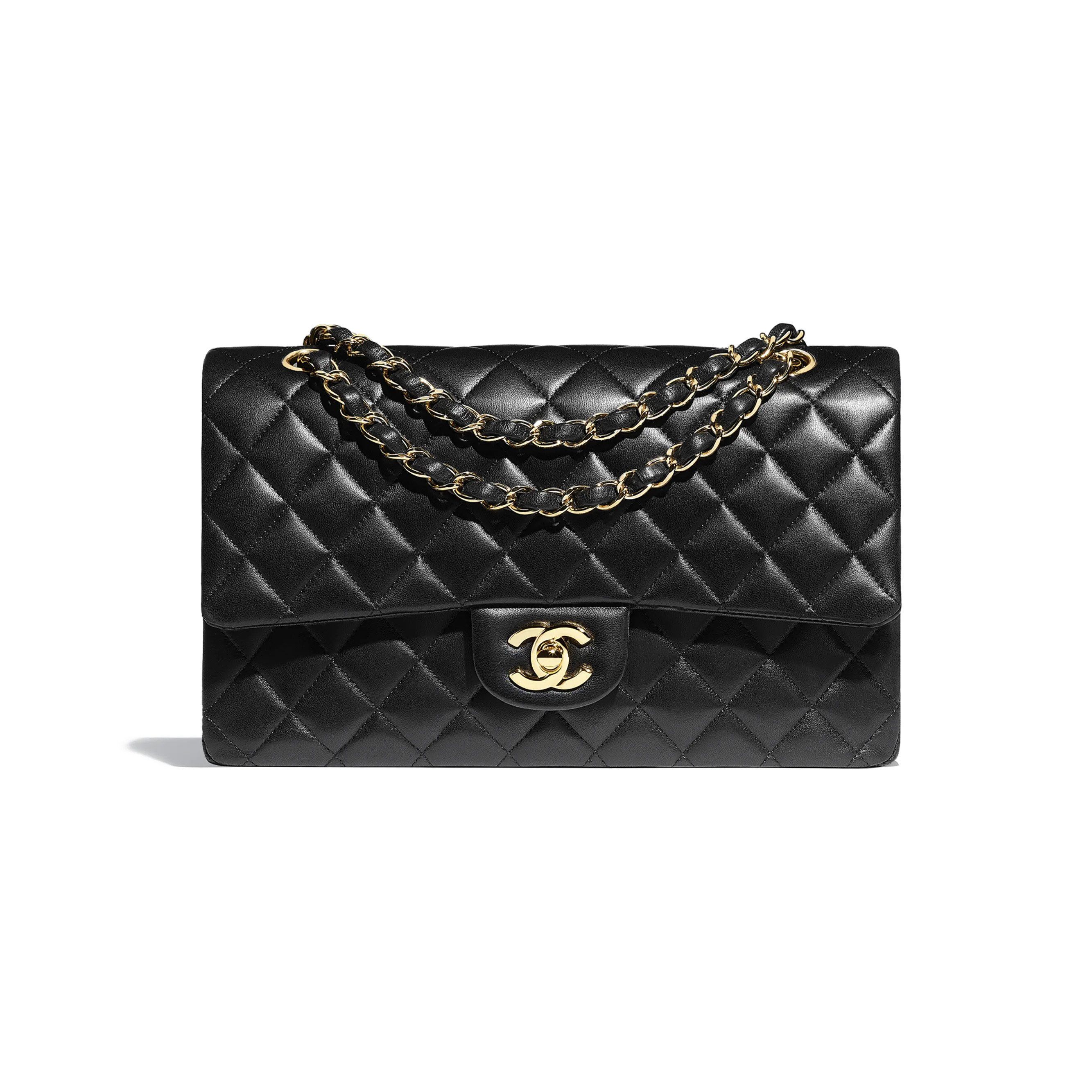
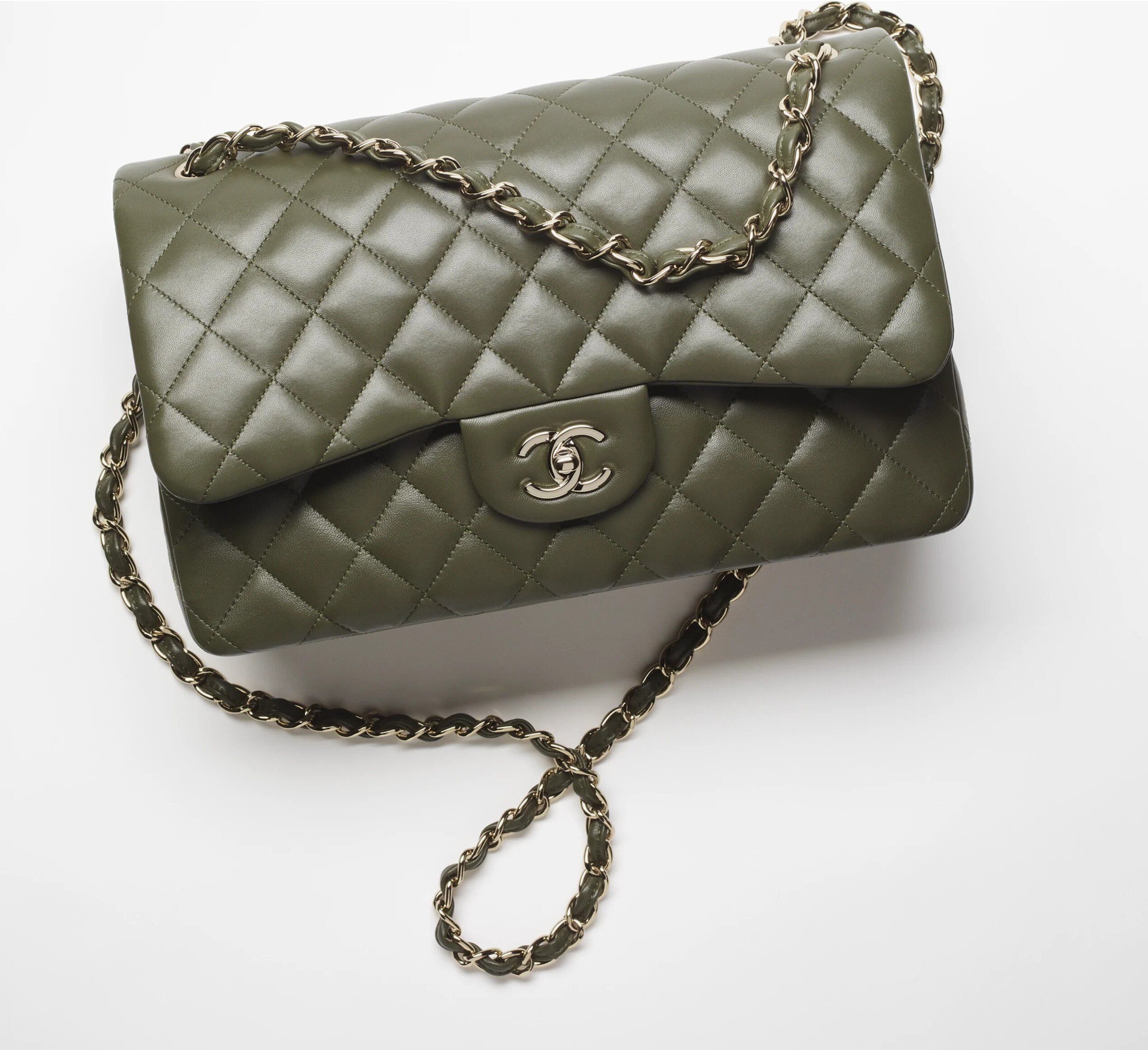
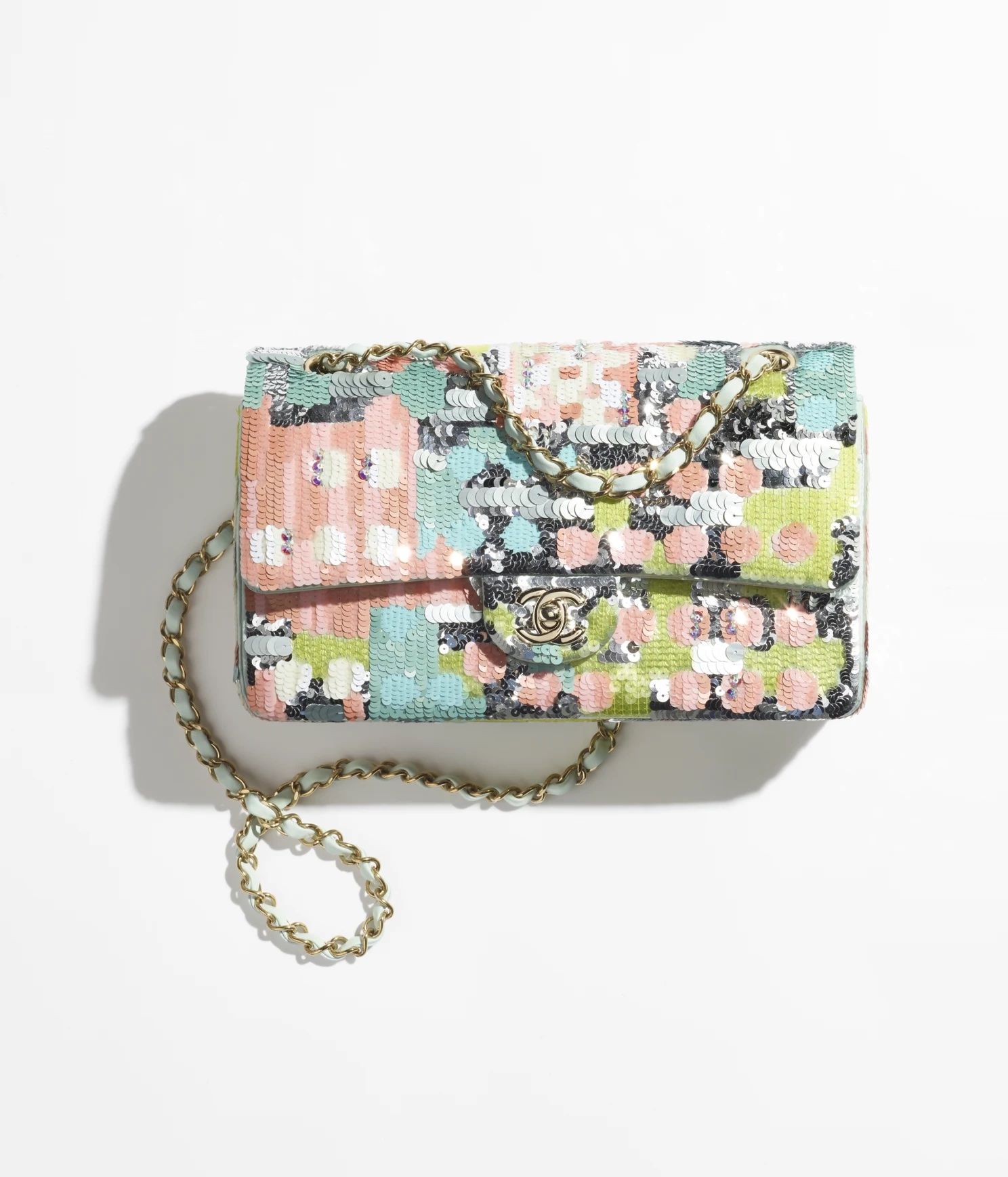
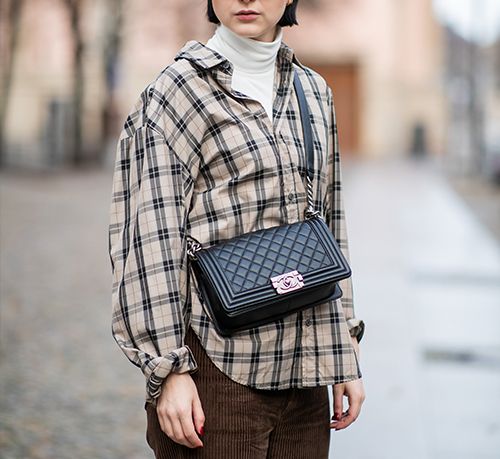
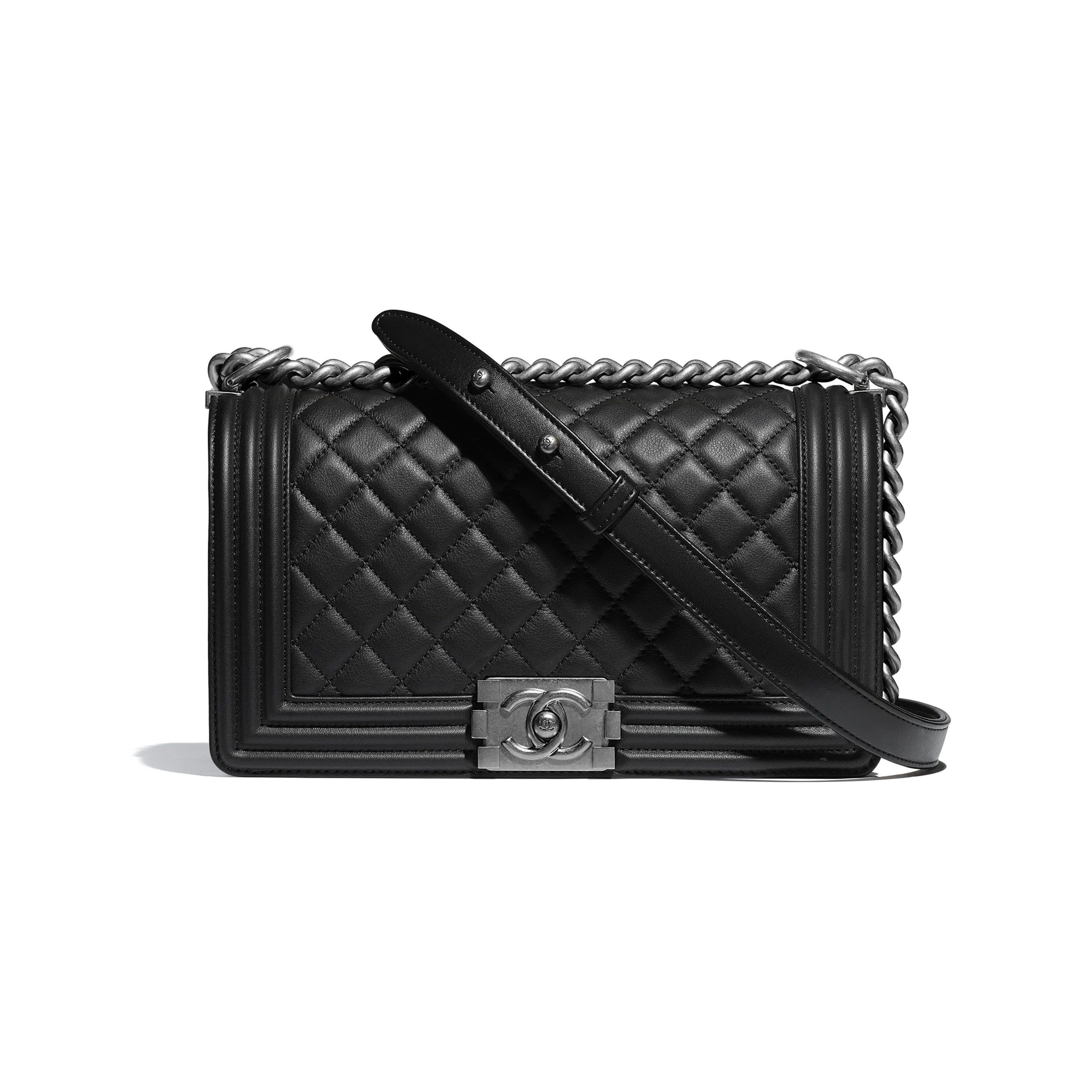
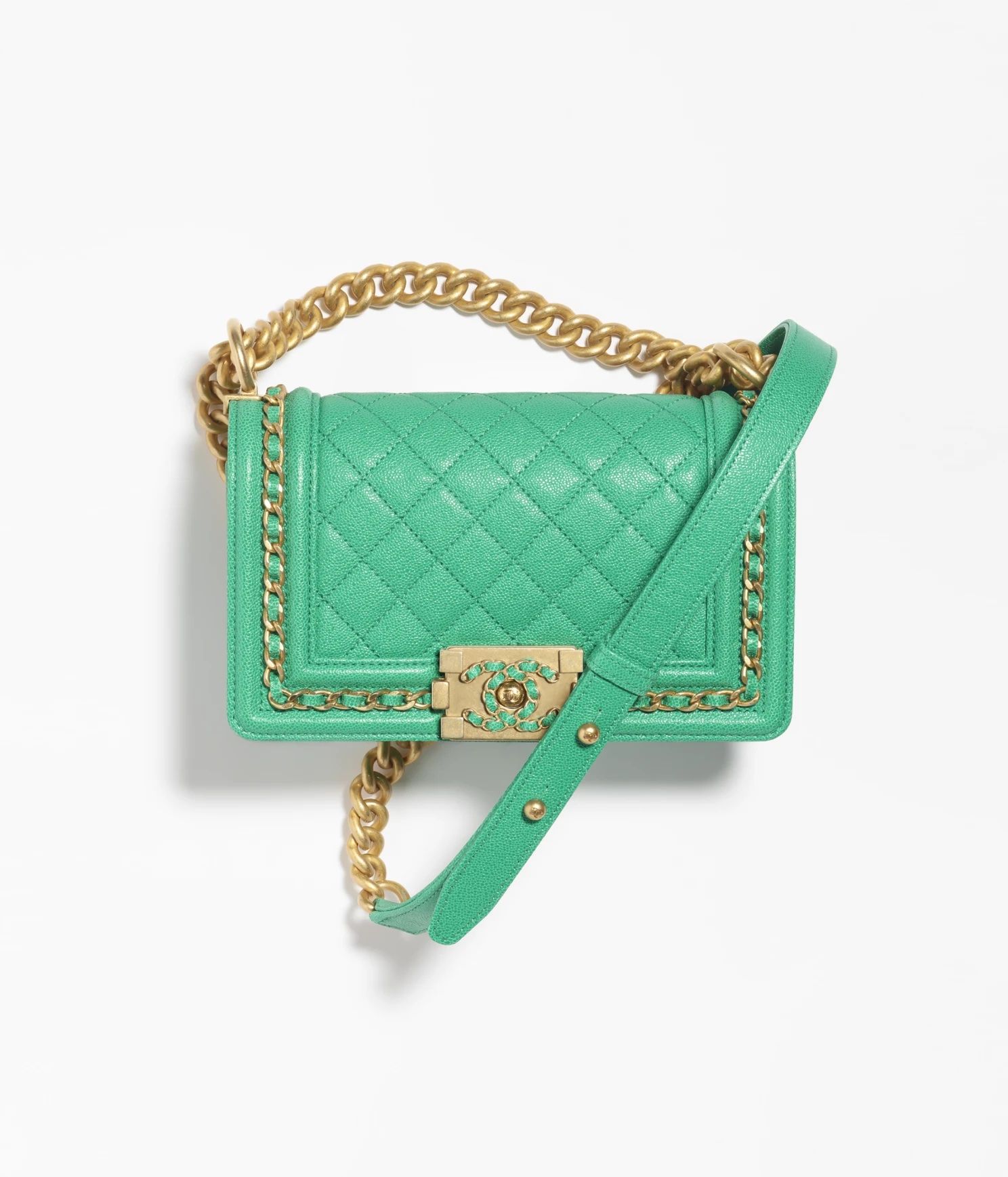
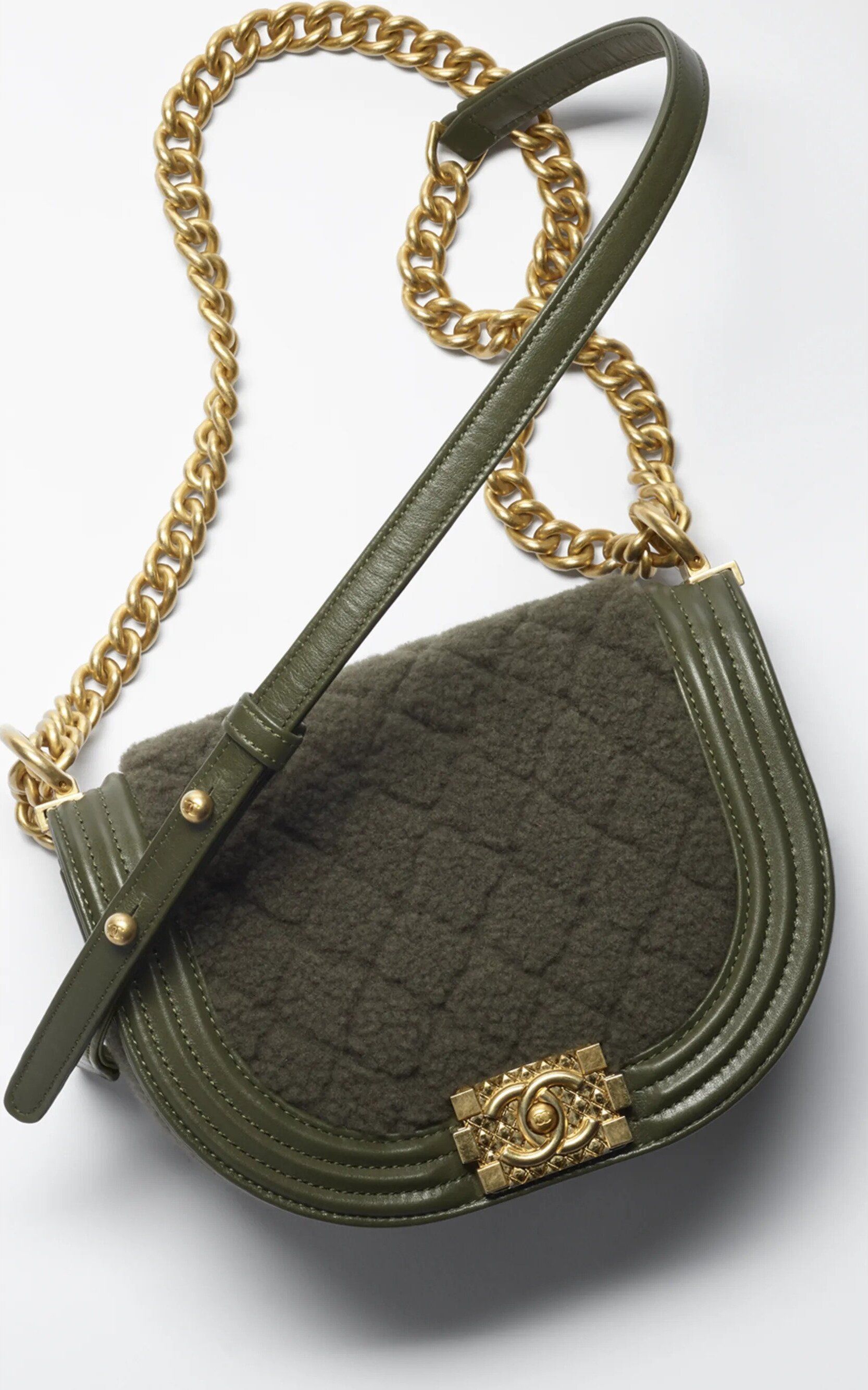
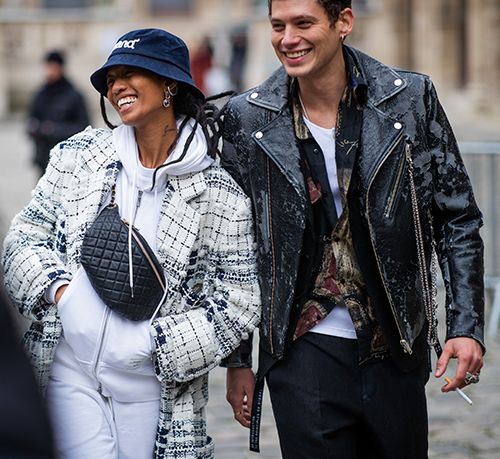
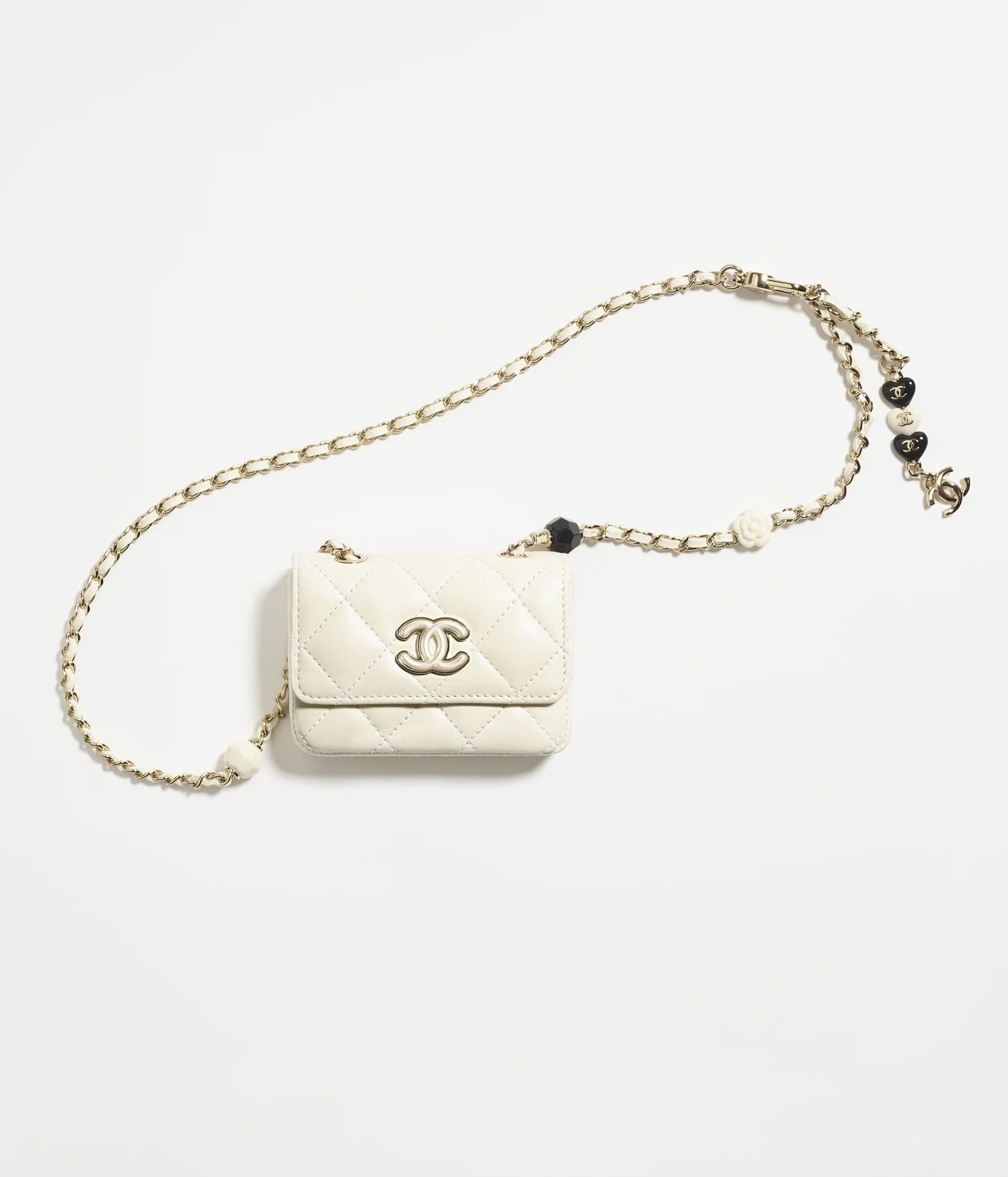
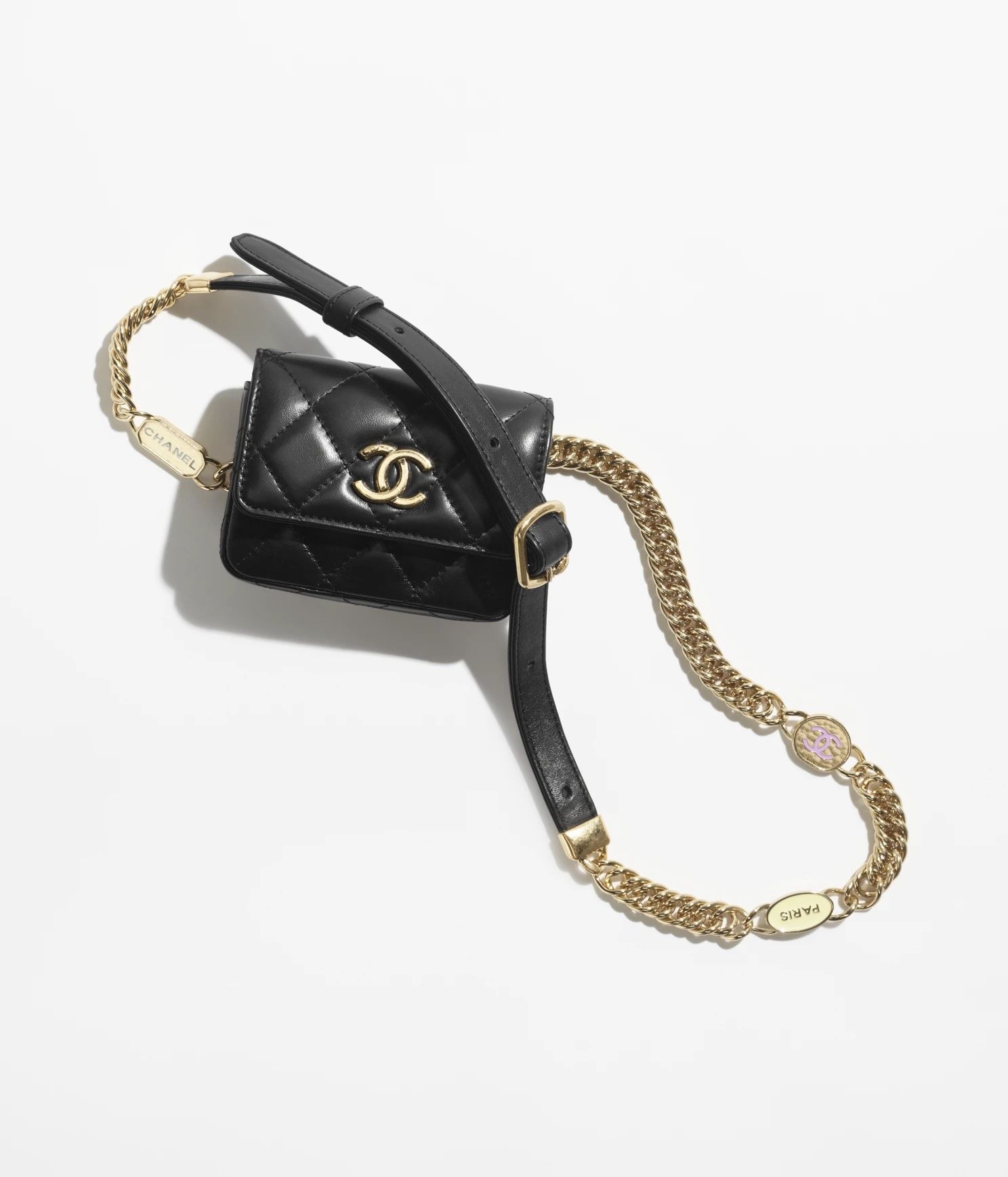
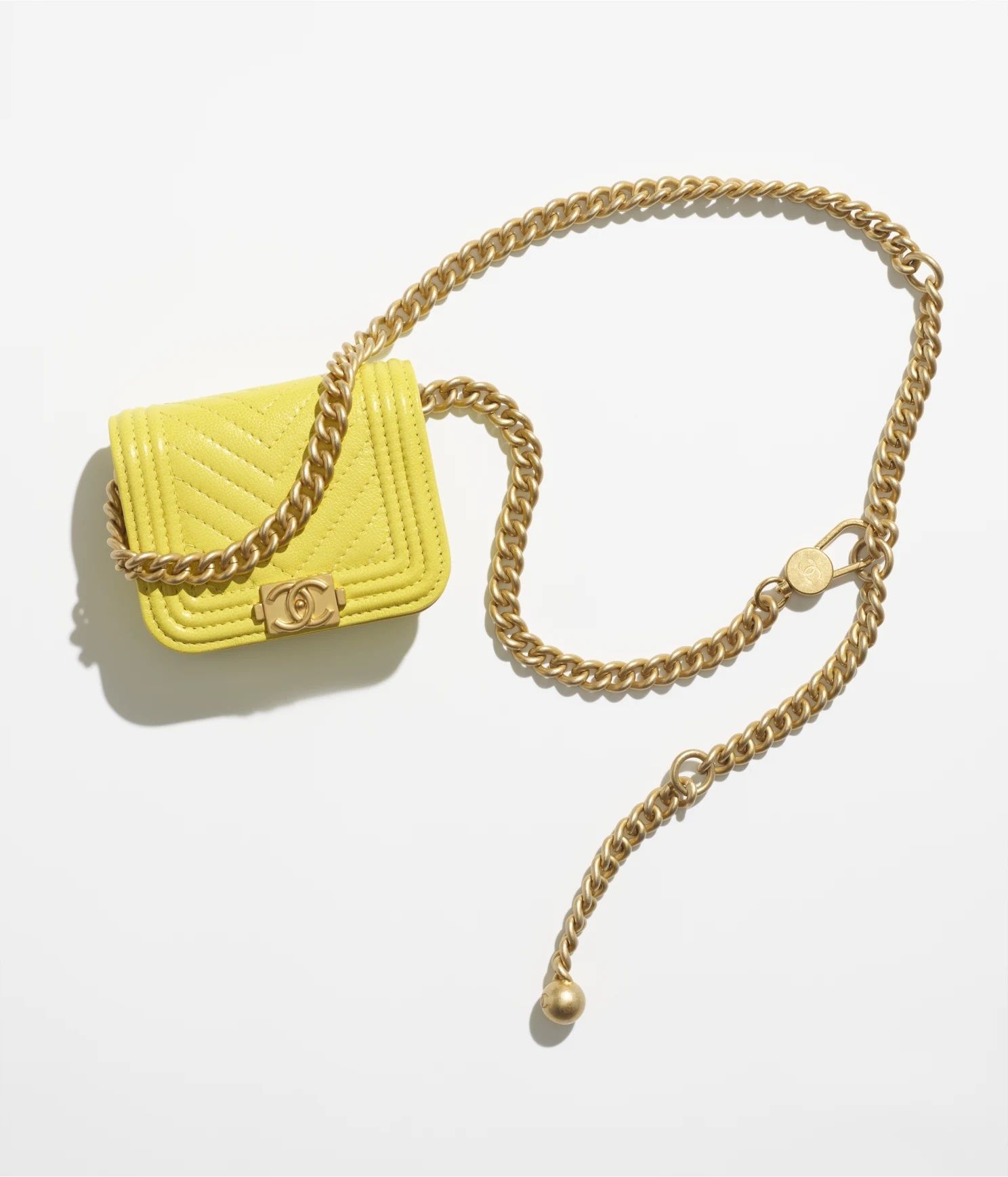
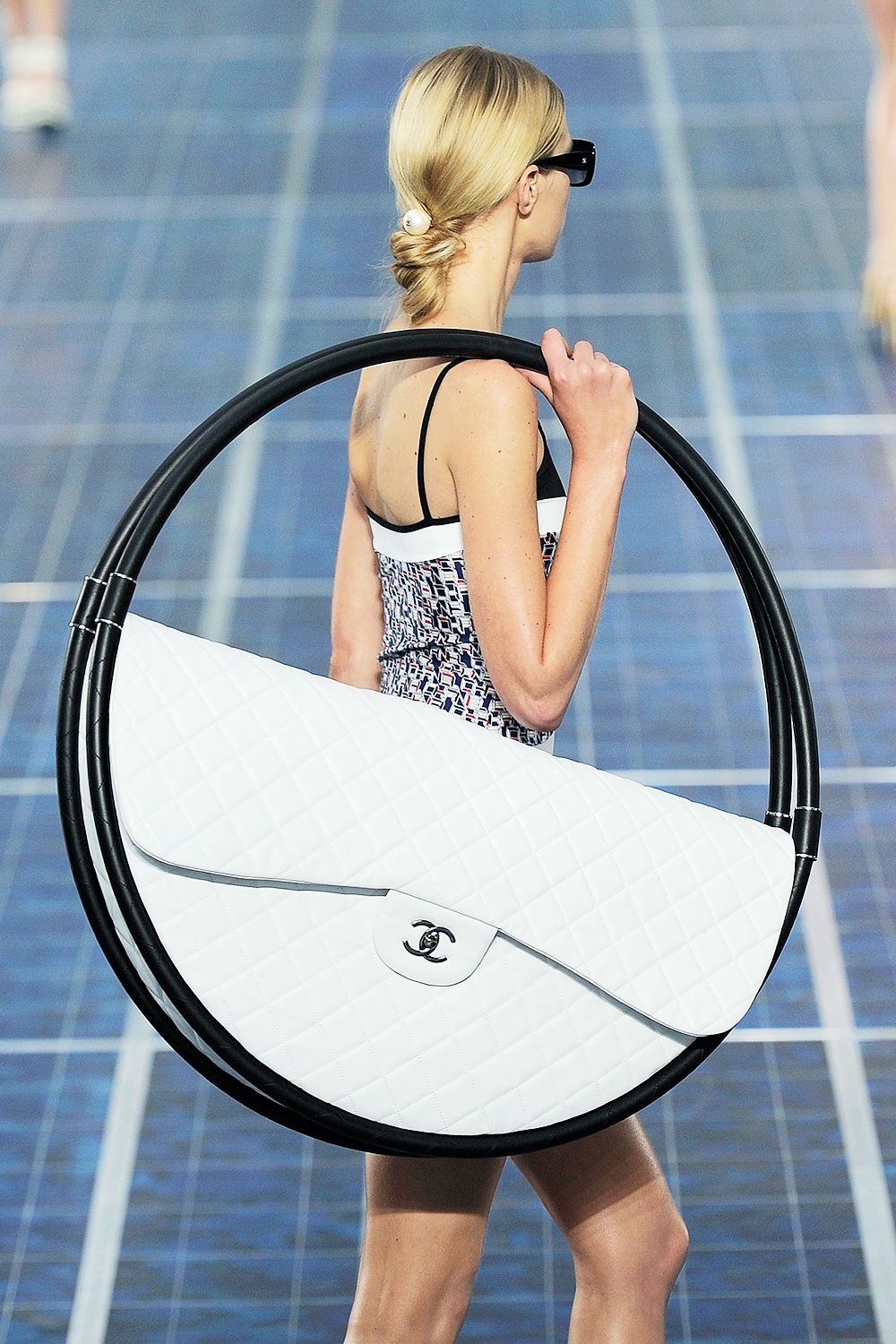
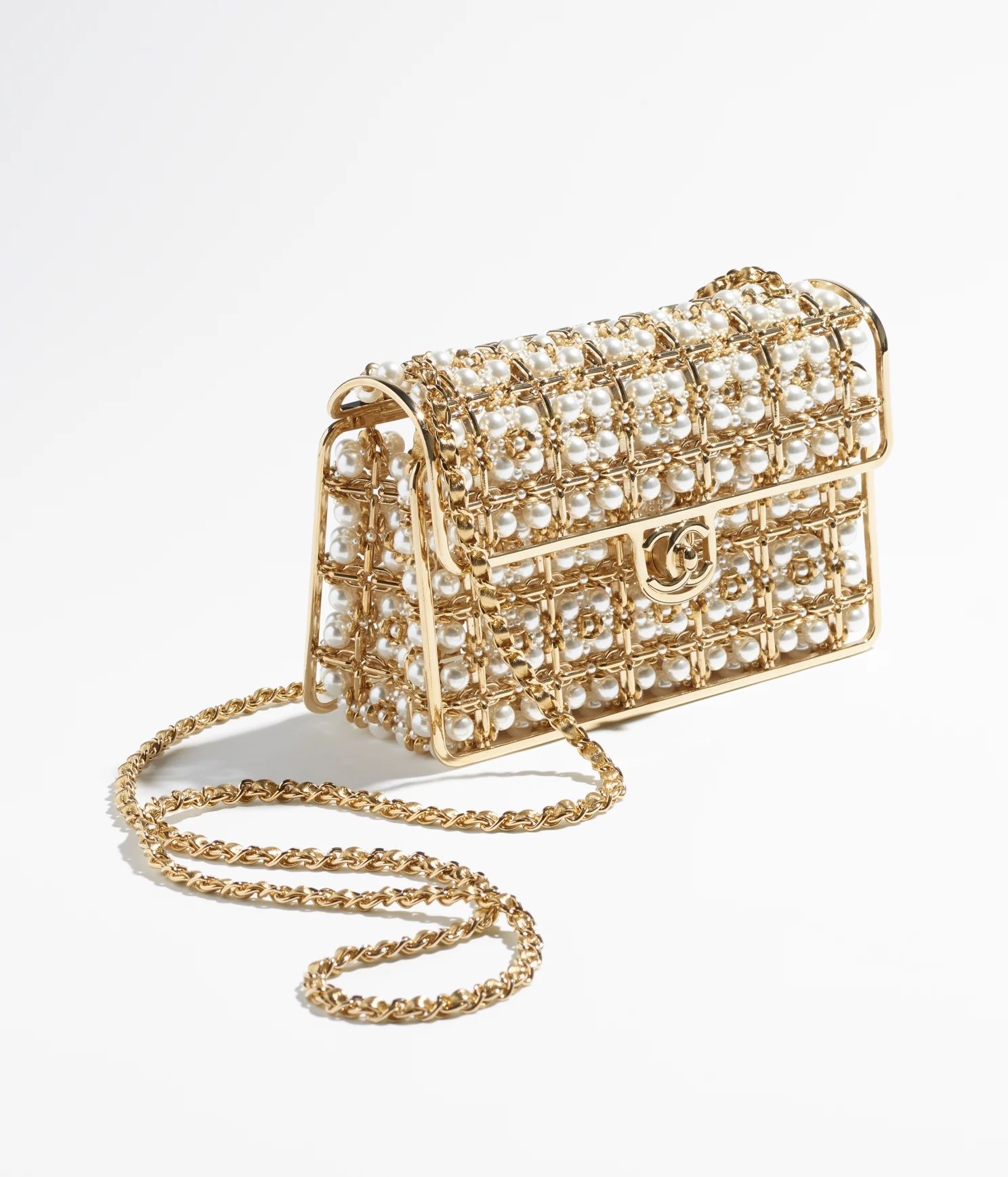
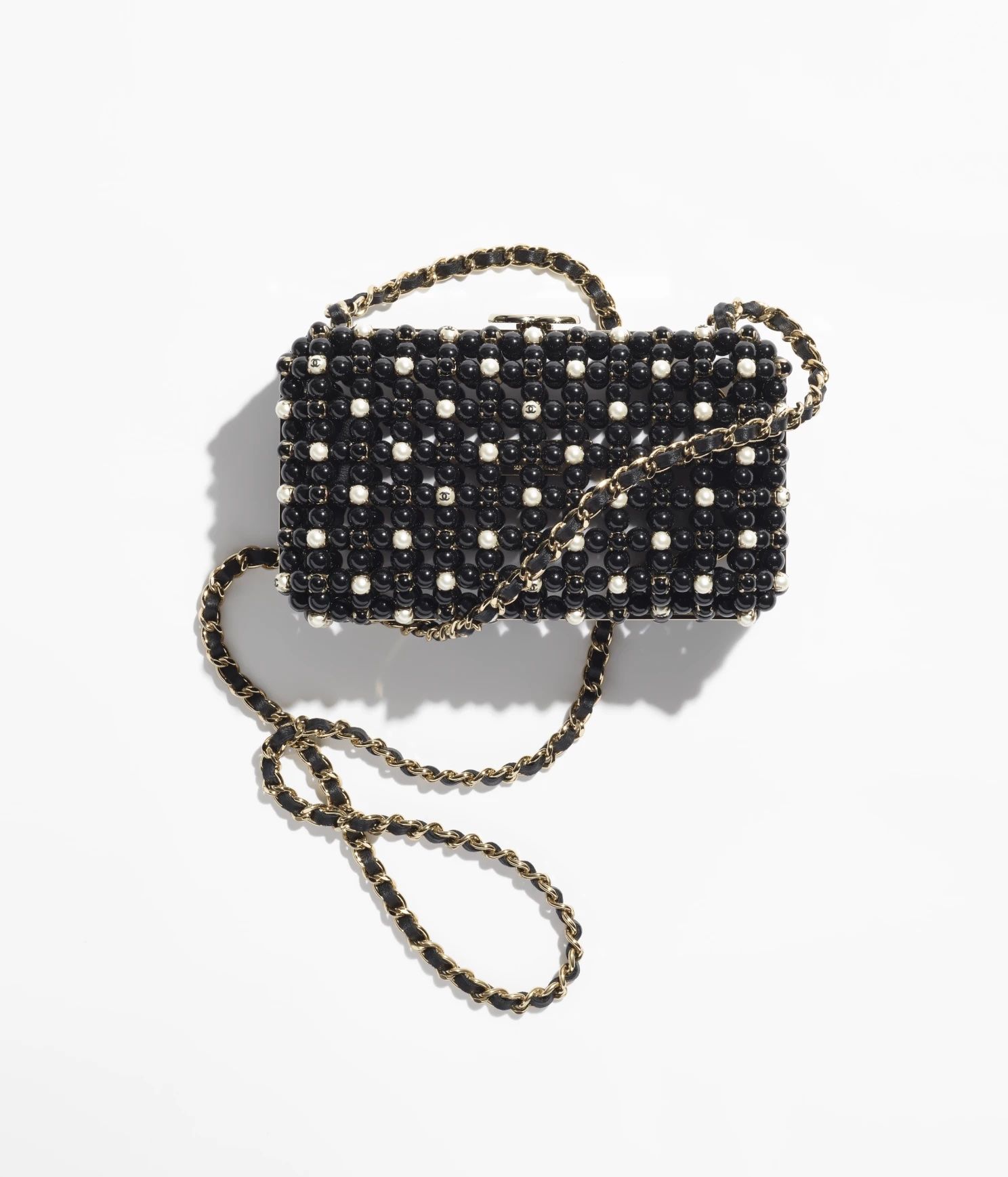
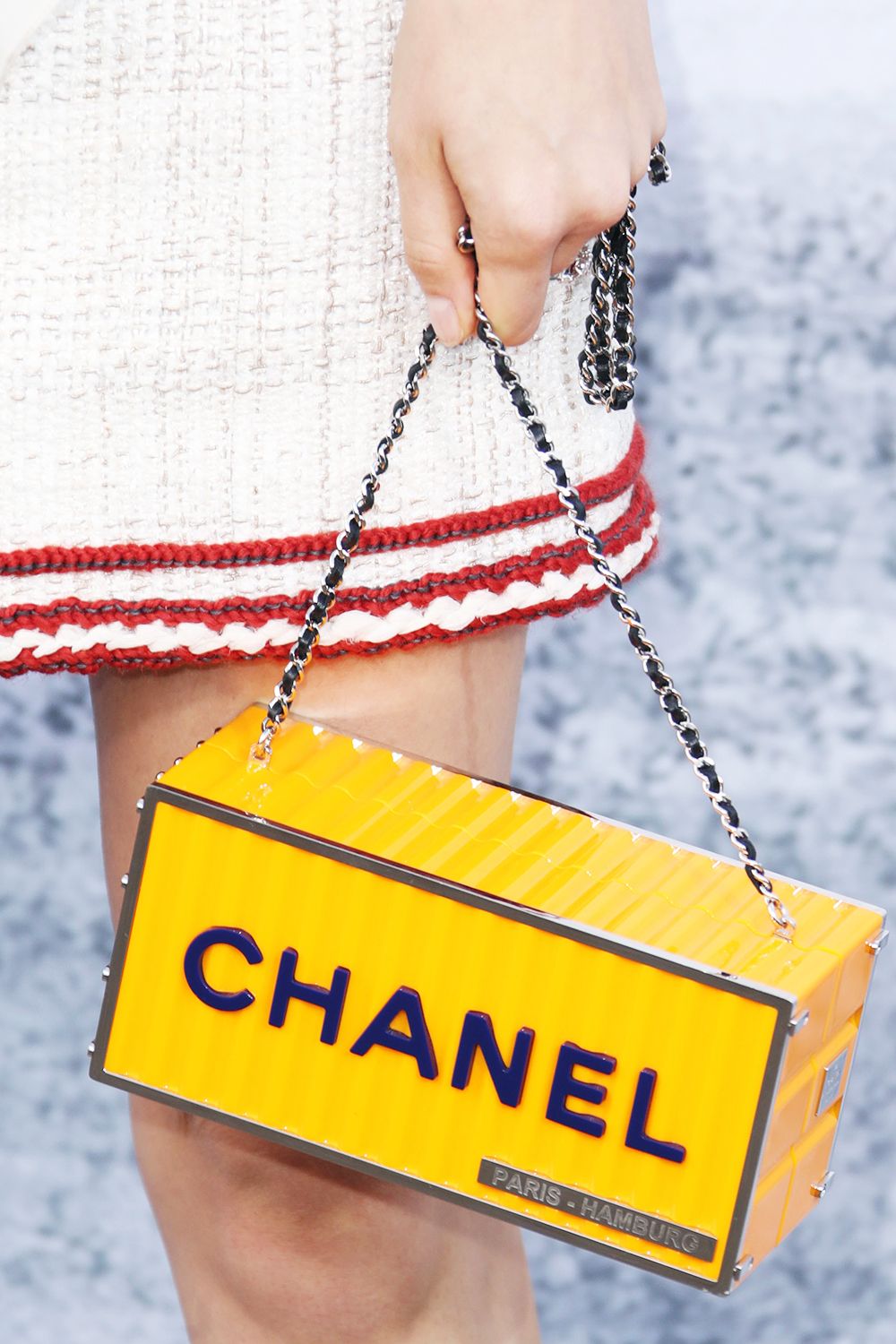
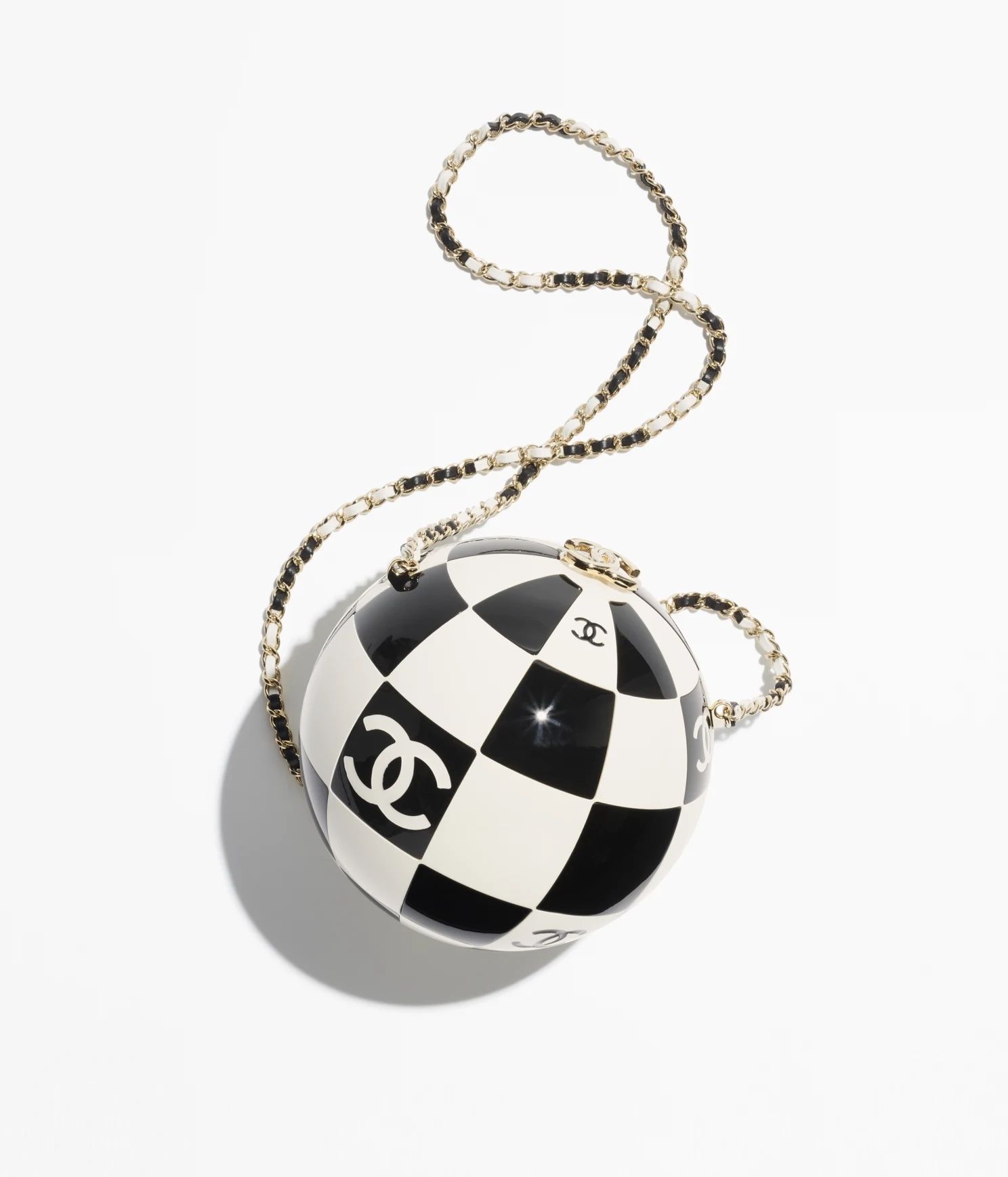
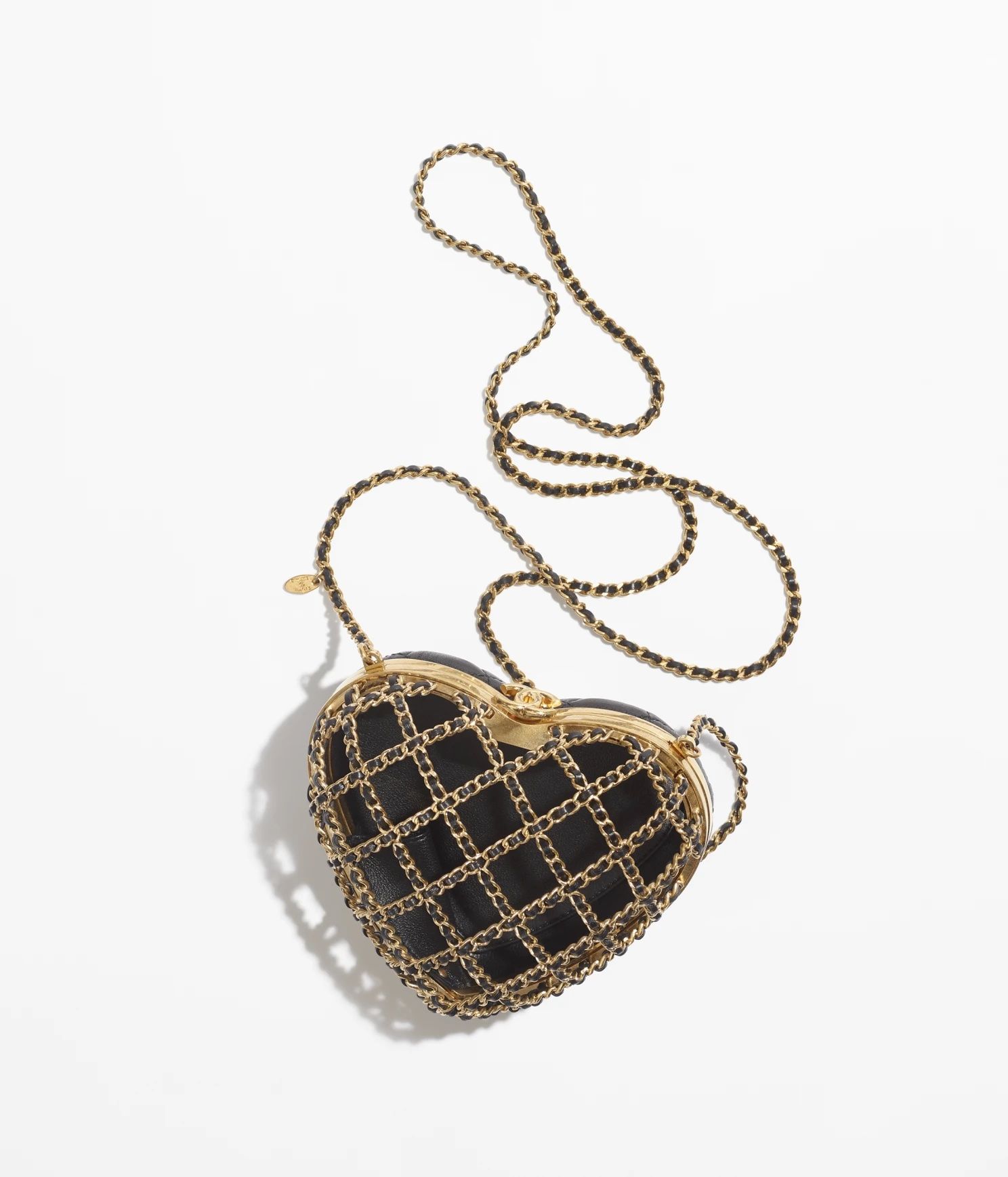
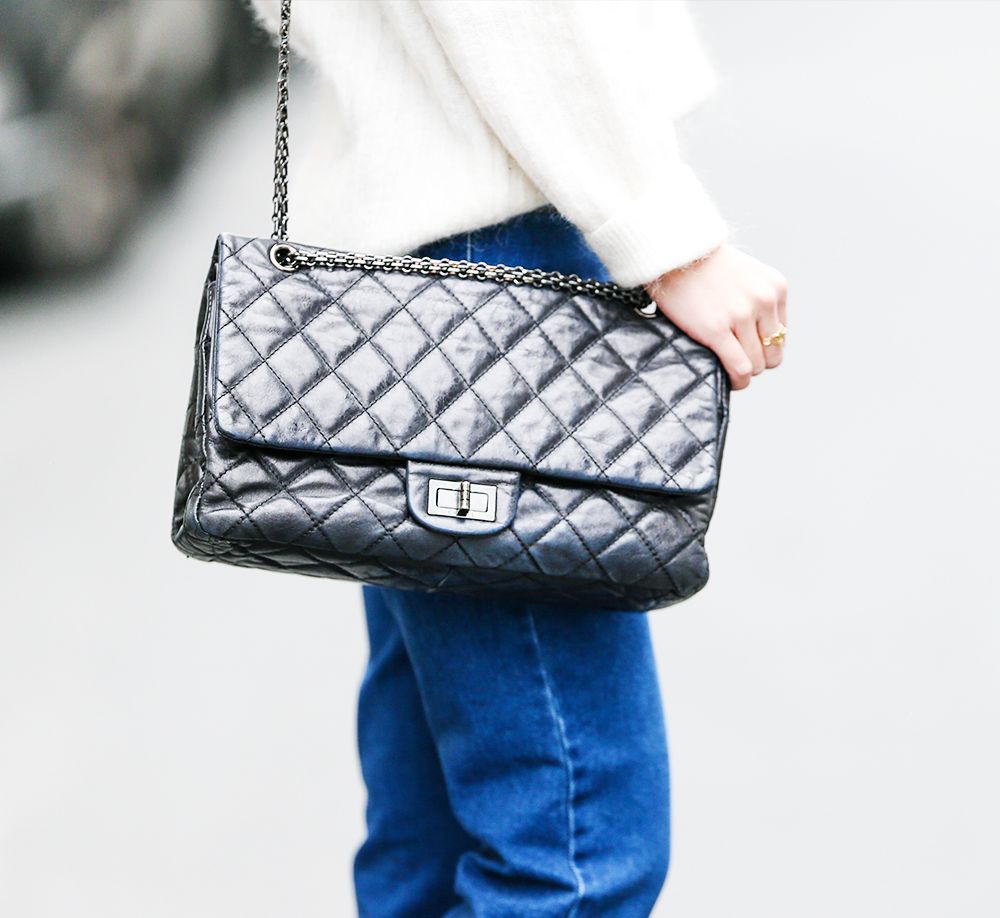
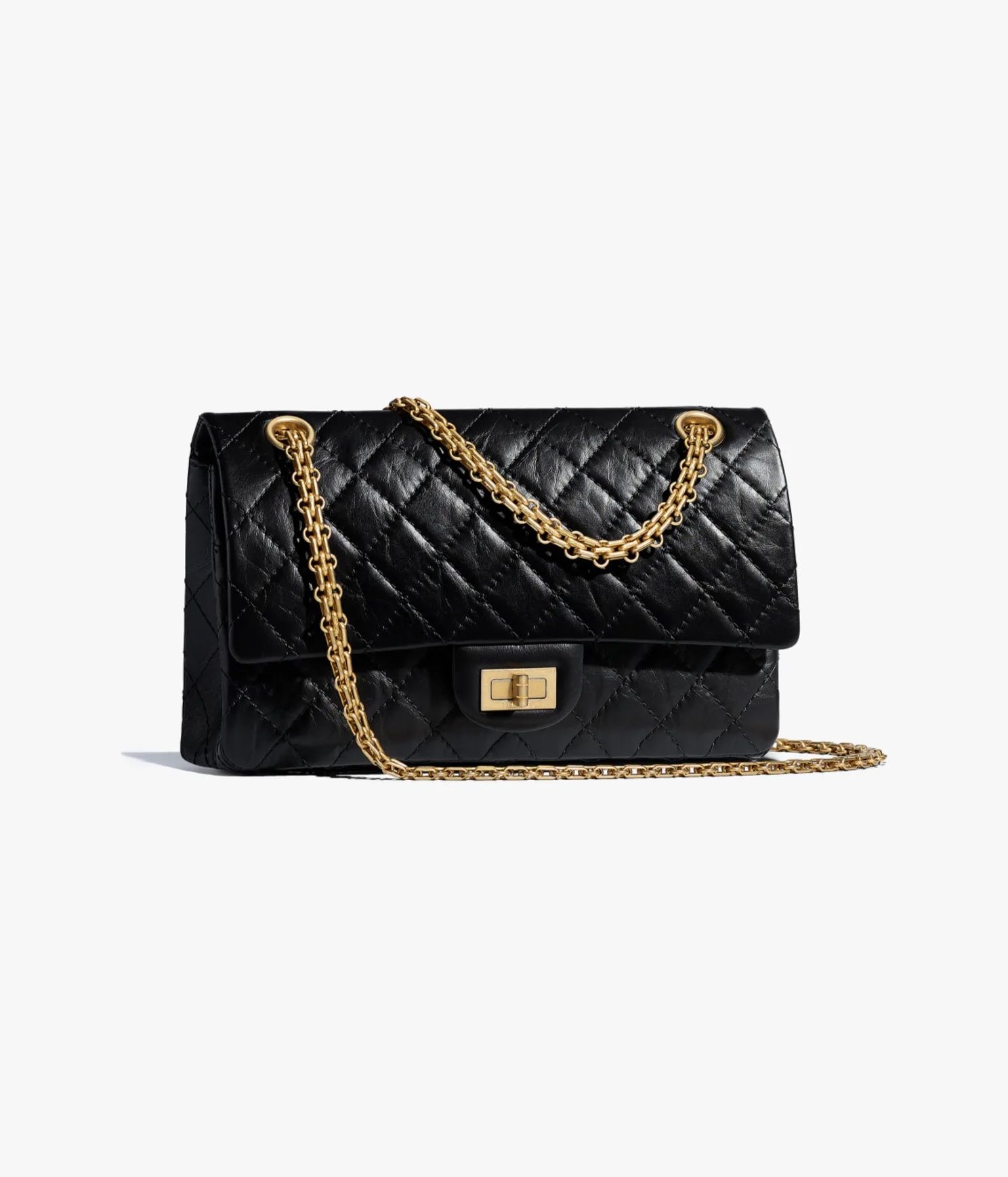
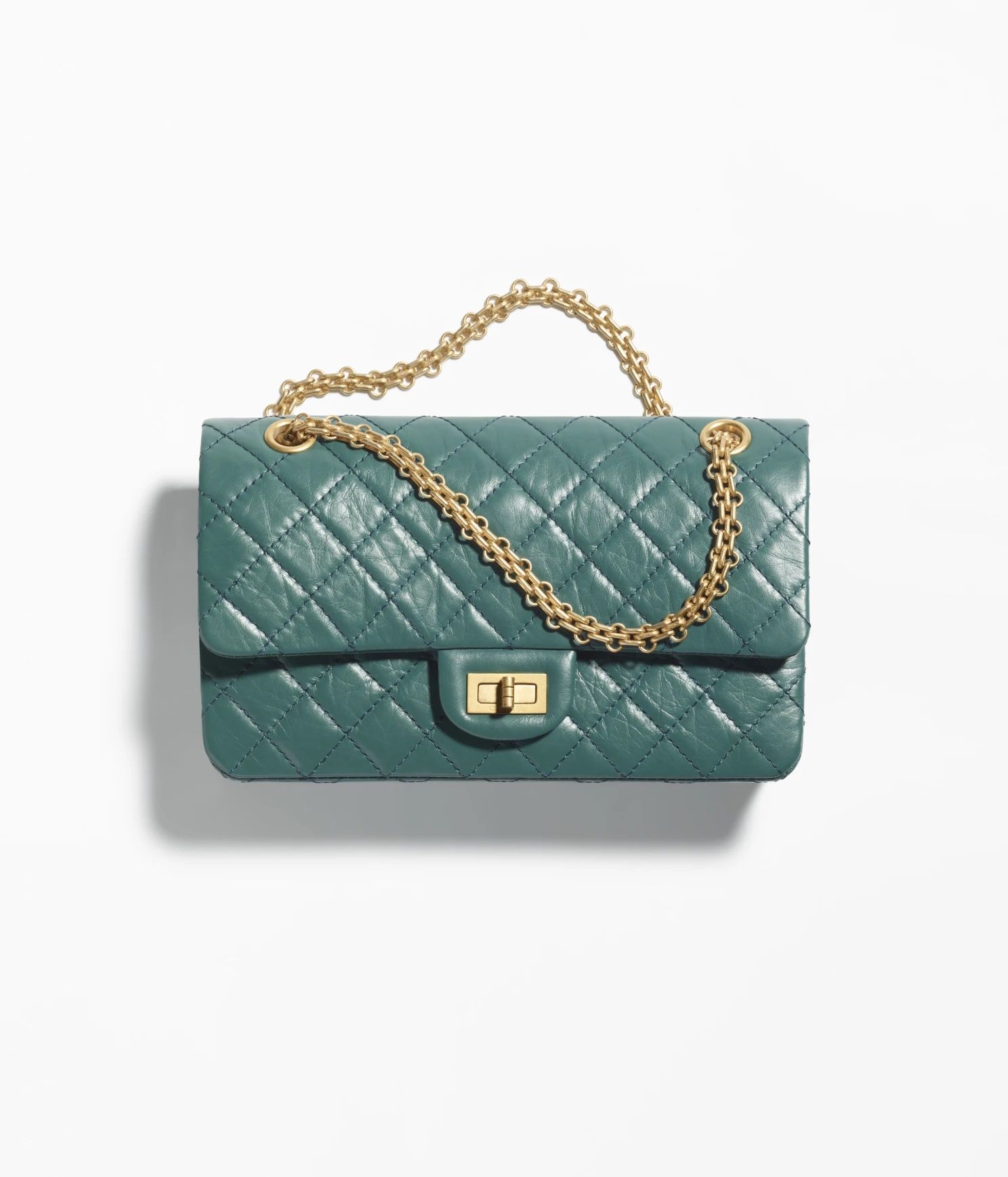
Next Up: The 10 Most Classic Designer Handbag Brands of Our Generation
The article was origianlly published at an earlier date and has since been updated.


